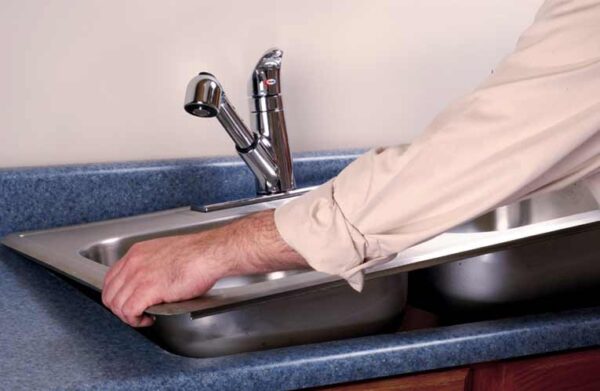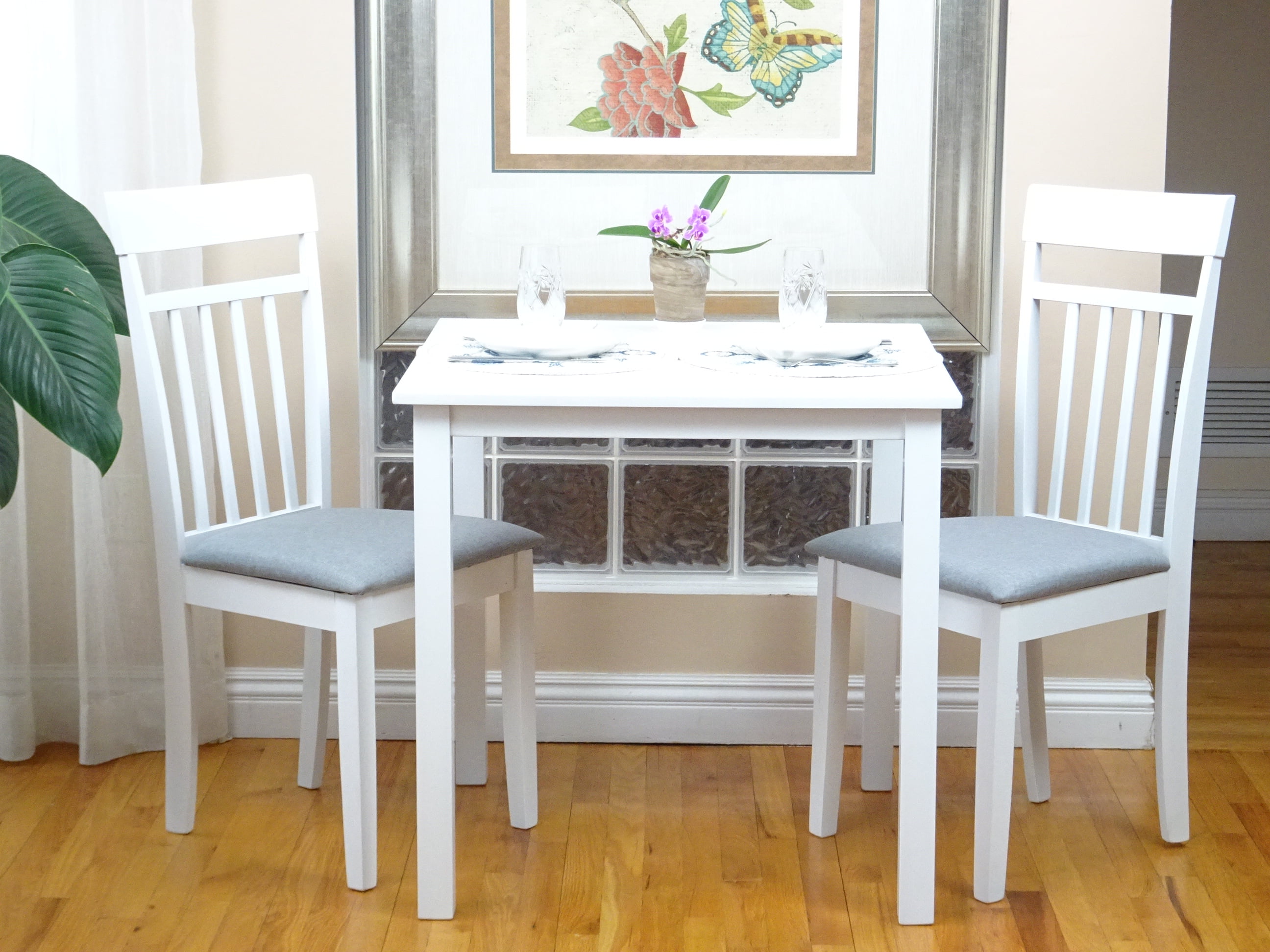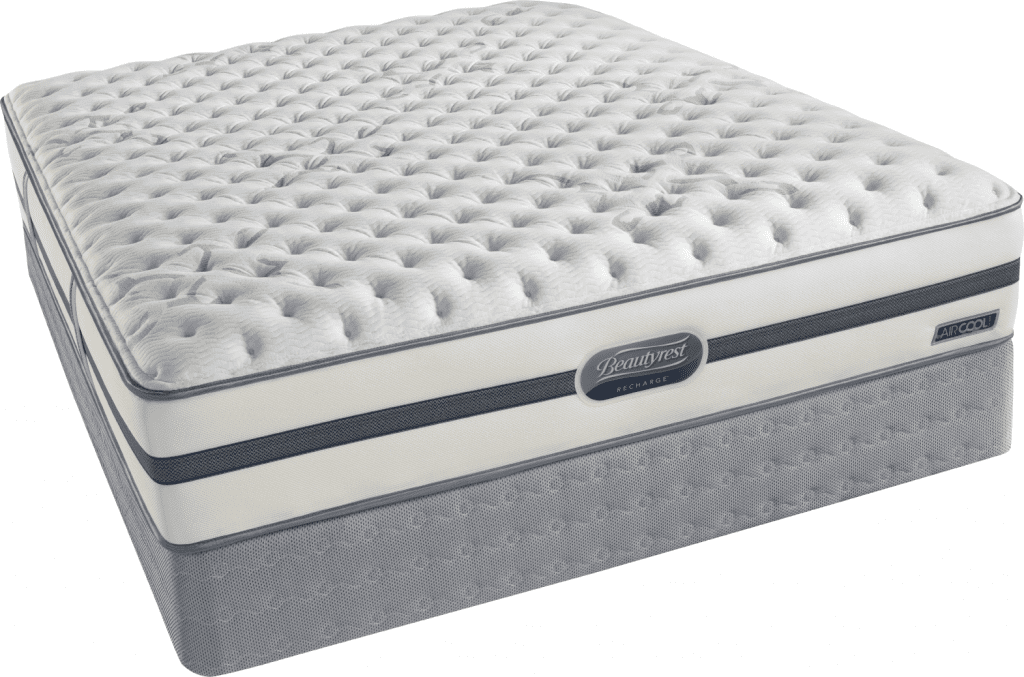Blocked Vent Pipe
If you notice that your kitchen sink is not draining properly, it could be a sign of a blocked vent pipe. This pipe is responsible for releasing air from your plumbing system, allowing water to flow freely. When it becomes clogged with debris or other obstructions, it can cause water to back up and prevent your sink from draining properly. This can be a frustrating and messy issue to deal with, but with proper maintenance, you can prevent it from happening.
Slow Draining Sink
Another common symptom of a blocked kitchen sink vent is a slow draining sink. This can be caused by the same clogs that block the vent pipe, as well as other factors such as a buildup of grease or food particles in your pipes. If you notice that your sink is taking longer than usual to drain, it is important to address the issue right away to prevent it from getting worse.
Gurgling Noises
Strange gurgling noises coming from your kitchen sink can also be a sign of a blocked vent pipe. These noises are caused by air being trapped in your plumbing system, trying to escape through the sink drain. If you hear gurgling noises when you run the water or use your sink, it is a good indication that there is an issue with your vent pipe.
Bad Odors
A blocked vent pipe can also cause bad odors to emanate from your kitchen sink. This is because the trapped air can carry foul-smelling gases from your sewer line, releasing them into your sink and causing unpleasant smells. If you notice a strong sewage odor coming from your sink, it is important to address it immediately to prevent any potential health hazards.
Water Backup
In severe cases, a blocked kitchen sink vent can lead to water backup. This means that when you run the water or use your sink, instead of draining properly, the water will start to rise and even overflow. This can cause a huge mess and can be a major inconvenience, not to mention a potential health hazard. If you experience water backup in your kitchen sink, it is important to call a plumber right away.
Low Water Pressure
A blocked vent pipe can also affect the water pressure in your kitchen sink. When the air cannot properly escape, it can create a vacuum that hinders the flow of water. This can result in low water pressure, making it difficult to wash dishes or fill pots with water. If you notice a sudden decrease in water pressure, it could be a sign of a blocked vent pipe.
Overflowing Sink
If your kitchen sink is overflowing, it is a clear sign of a blocked vent pipe. This can happen when there is a major clog or obstruction in the pipe that prevents water from draining properly. It can also occur if the vent pipe is damaged or collapsed, causing water to back up and overflow from your sink. In either case, it is important to address the issue immediately to prevent any further damage.
Leaks
A blocked kitchen sink vent can also cause leaks in your plumbing system. This can happen when the pressure from the trapped air pushes on the pipes, causing them to crack or break. If you notice any leaks around your sink or in your walls or ceiling, it could be a sign of a blocked vent pipe that needs to be addressed.
Water Damage
In addition to causing leaks, a blocked vent pipe can also lead to water damage in your home. When water backs up and overflows from your sink, it can seep into your walls, floors, and ceilings, causing damage and potentially leading to mold growth. This can be a costly issue to fix, so it is important to address a blocked vent pipe as soon as possible to prevent any water damage.
Mold Growth
One of the most serious consequences of a blocked kitchen sink vent is the potential for mold growth. When water backs up and leaks into your home, it creates a damp environment that is perfect for mold growth. Mold can not only cause damage to your home, but it can also lead to health issues for you and your family. If you notice any signs of mold growth near your kitchen sink, it is important to address the issue and fix the blocked vent pipe to prevent it from happening again.
Common Symptoms of a Clogged Kitchen Sink Vent
Clogged Drains
 One of the most obvious signs of a clogged kitchen sink vent is slow or completely clogged drains. This can happen because the vent is designed to allow air to flow through the drain, which helps to create a suction effect and allows water to flow smoothly. When the vent is clogged, this suction effect is disrupted, causing water to drain slowly or not at all.
One of the most obvious signs of a clogged kitchen sink vent is slow or completely clogged drains. This can happen because the vent is designed to allow air to flow through the drain, which helps to create a suction effect and allows water to flow smoothly. When the vent is clogged, this suction effect is disrupted, causing water to drain slowly or not at all.
Gurgling Sounds
 If you hear gurgling sounds coming from your kitchen sink drain, it could be a sign of a clogged vent. This happens when the air is unable to flow freely through the vent, causing air bubbles to form in the drain and create a gurgling noise. This can also happen in other drains in your home, such as the bathroom sink or bathtub, if they share the same vent as the kitchen sink.
If you hear gurgling sounds coming from your kitchen sink drain, it could be a sign of a clogged vent. This happens when the air is unable to flow freely through the vent, causing air bubbles to form in the drain and create a gurgling noise. This can also happen in other drains in your home, such as the bathroom sink or bathtub, if they share the same vent as the kitchen sink.
Unpleasant Odors
 Another symptom of a clogged kitchen sink vent is unpleasant odors coming from the drain. When the vent is blocked, the odors from the sewer system can't escape and may linger in your kitchen. These odors can also be a health hazard, as they can contain harmful gases like methane.
Another symptom of a clogged kitchen sink vent is unpleasant odors coming from the drain. When the vent is blocked, the odors from the sewer system can't escape and may linger in your kitchen. These odors can also be a health hazard, as they can contain harmful gases like methane.
Backed-Up Water
:max_bytes(150000):strip_icc()/sink-vent-installing-an-auto-vent-2718828-03-7d2c3b9c51024155a1ea47f7ae35cadd.jpg) If you notice water backing up in your sink when you run the dishwasher or do laundry, it could be a sign of a clogged vent. When the vent is blocked, water from other appliances or fixtures may not be able to drain properly, causing it to back up into the kitchen sink.
If you notice water backing up in your sink when you run the dishwasher or do laundry, it could be a sign of a clogged vent. When the vent is blocked, water from other appliances or fixtures may not be able to drain properly, causing it to back up into the kitchen sink.
Visible Debris
 If you have access to your kitchen sink vent, you may be able to see visible debris blocking it. This could be anything from leaves and twigs to bird nests or even small animals. It's important to keep the vent clear of any debris to ensure proper airflow.
If you have access to your kitchen sink vent, you may be able to see visible debris blocking it. This could be anything from leaves and twigs to bird nests or even small animals. It's important to keep the vent clear of any debris to ensure proper airflow.
Fixing the Issue
 If you are experiencing any of these symptoms, it's important to address the issue as soon as possible. A clogged kitchen sink vent can lead to bigger problems like sewage backups or even mold growth. You can try using a plunger or plumbing snake to clear the vent yourself, or you may need to call a professional plumber for assistance.
In conclusion,
a clogged kitchen sink vent can cause a variety of symptoms that can disrupt the function and cleanliness of your home. It's important to pay attention to these signs and take action to fix the issue to avoid further complications. Remember to regularly check and clean your kitchen sink vent to prevent clogs from occurring in the first place.
If you are experiencing any of these symptoms, it's important to address the issue as soon as possible. A clogged kitchen sink vent can lead to bigger problems like sewage backups or even mold growth. You can try using a plunger or plumbing snake to clear the vent yourself, or you may need to call a professional plumber for assistance.
In conclusion,
a clogged kitchen sink vent can cause a variety of symptoms that can disrupt the function and cleanliness of your home. It's important to pay attention to these signs and take action to fix the issue to avoid further complications. Remember to regularly check and clean your kitchen sink vent to prevent clogs from occurring in the first place.
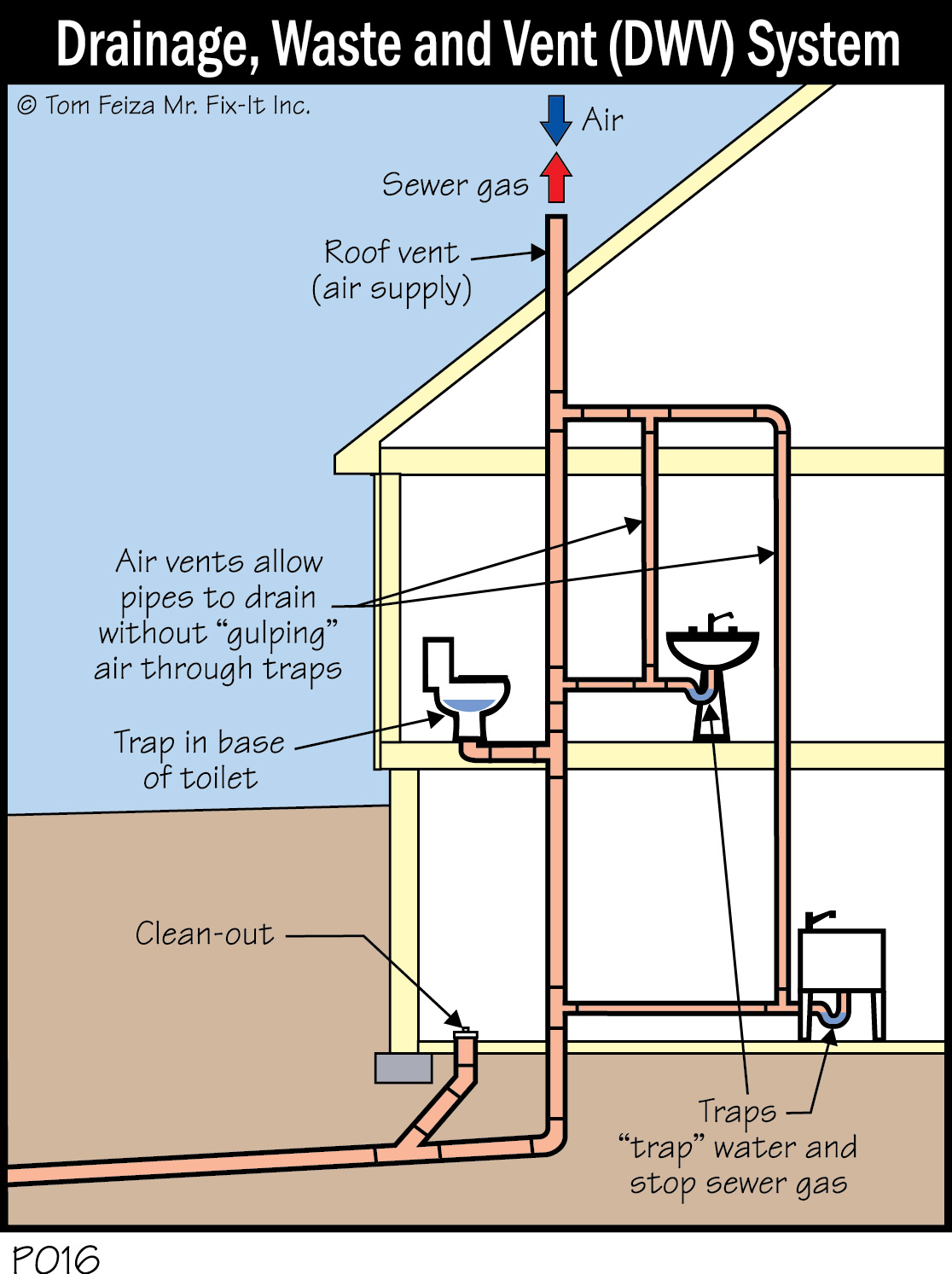
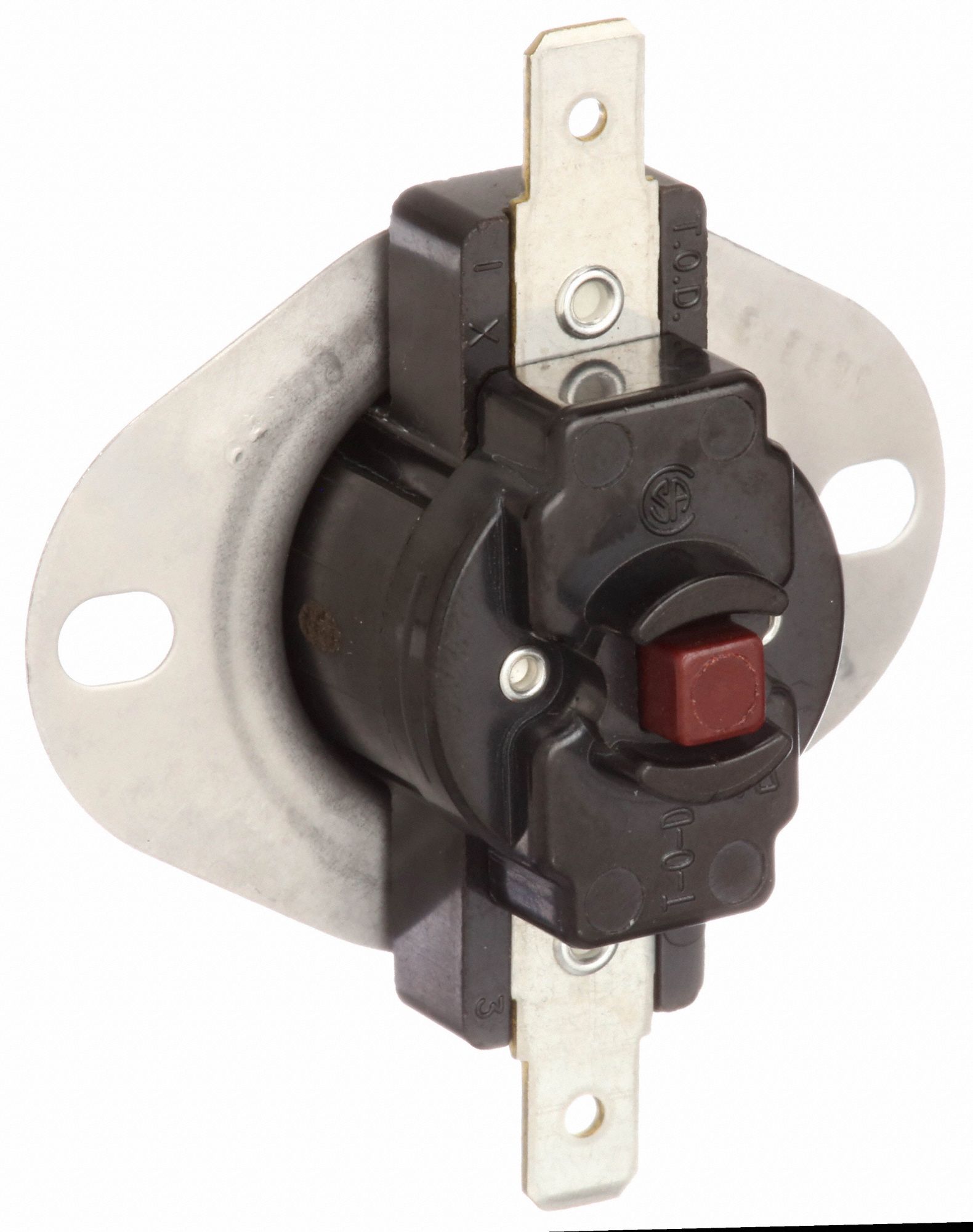


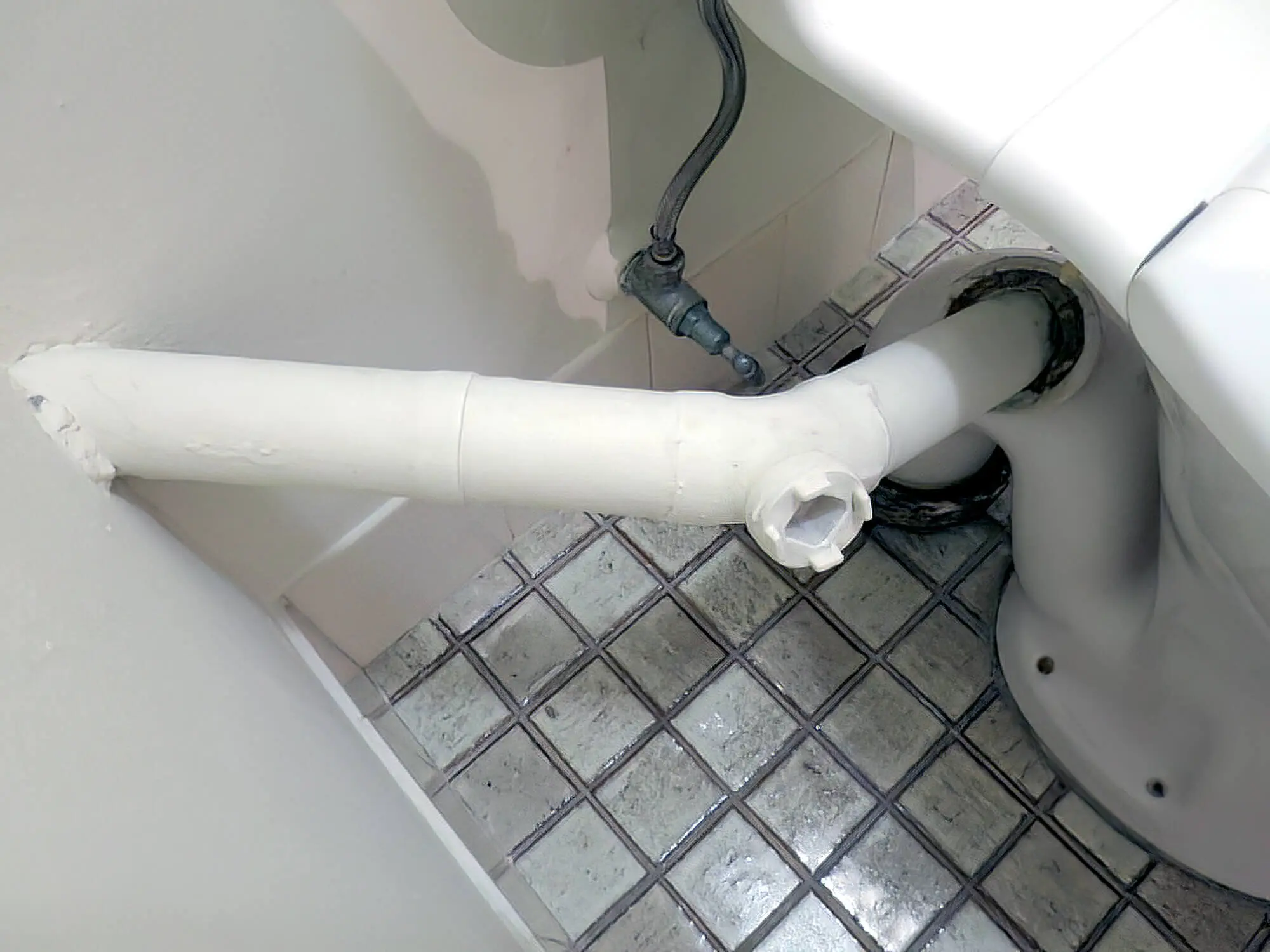
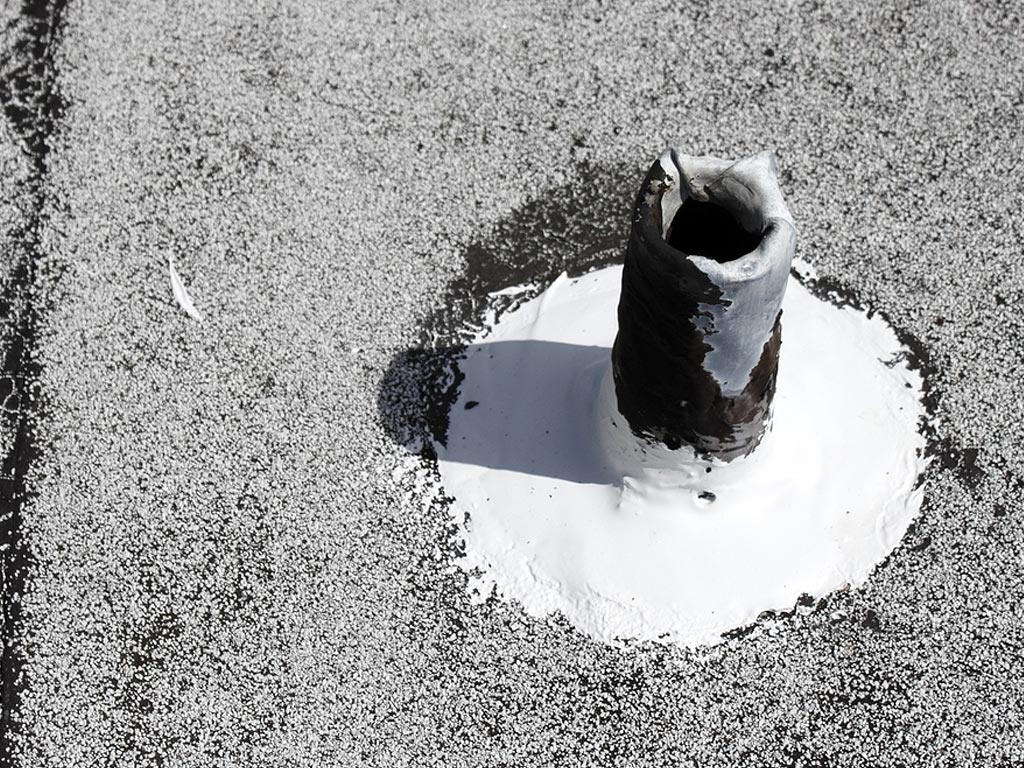
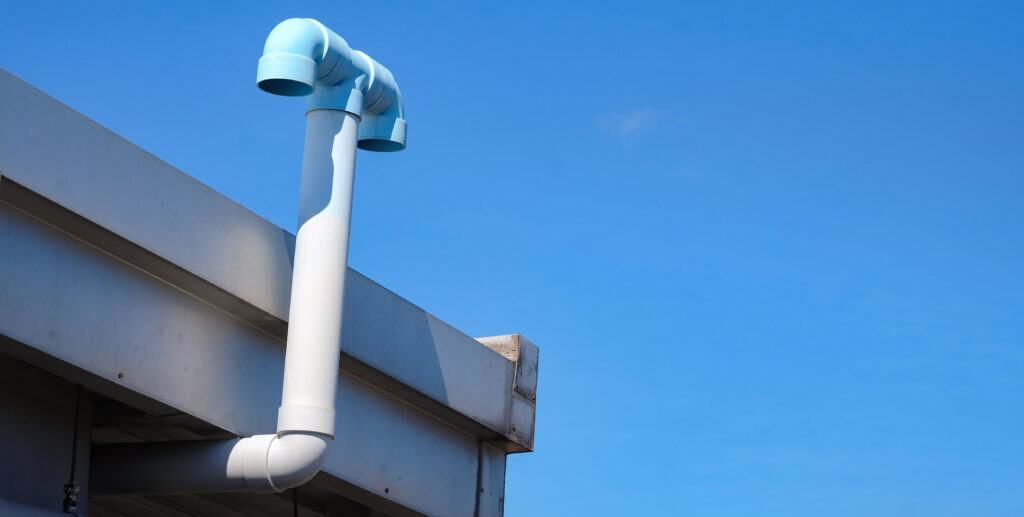
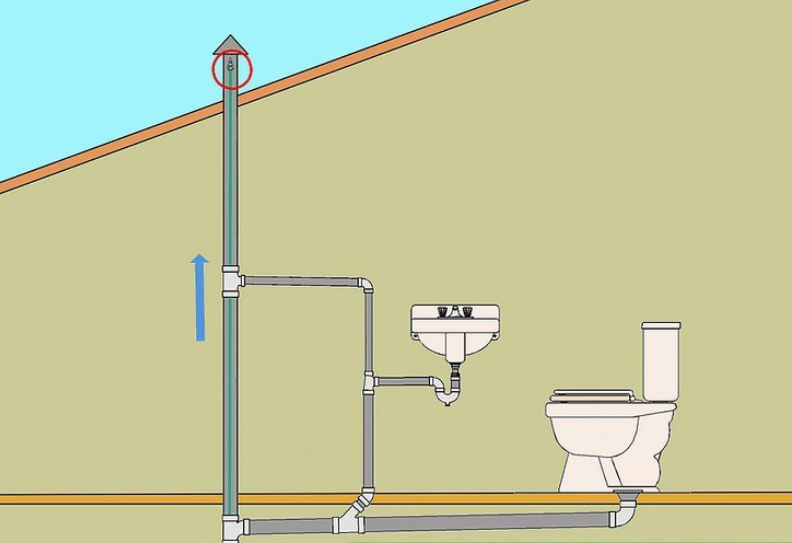
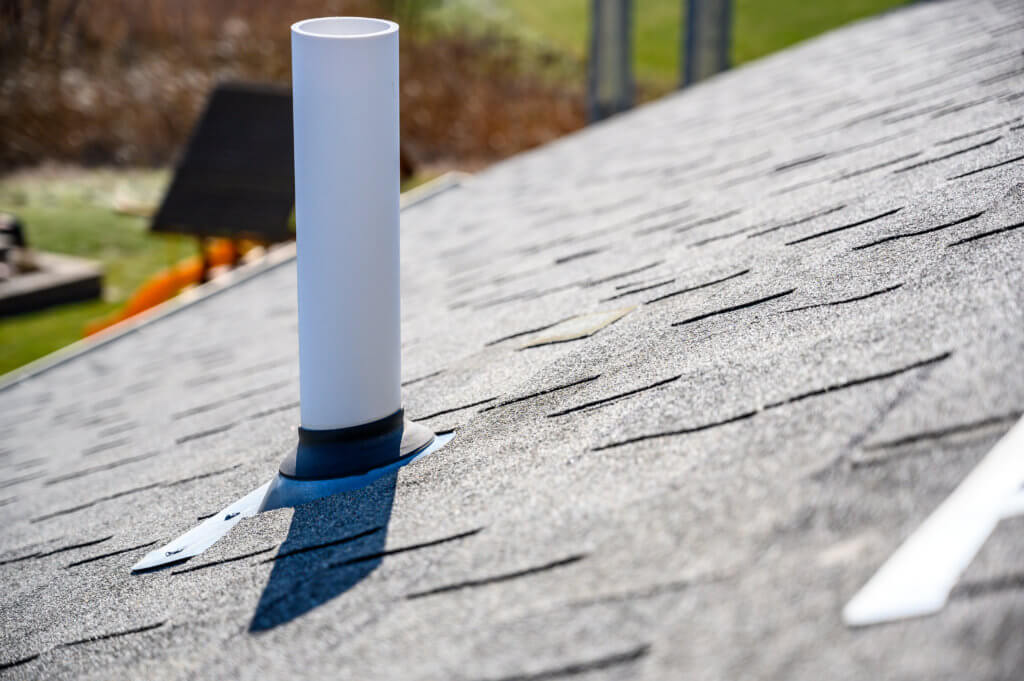

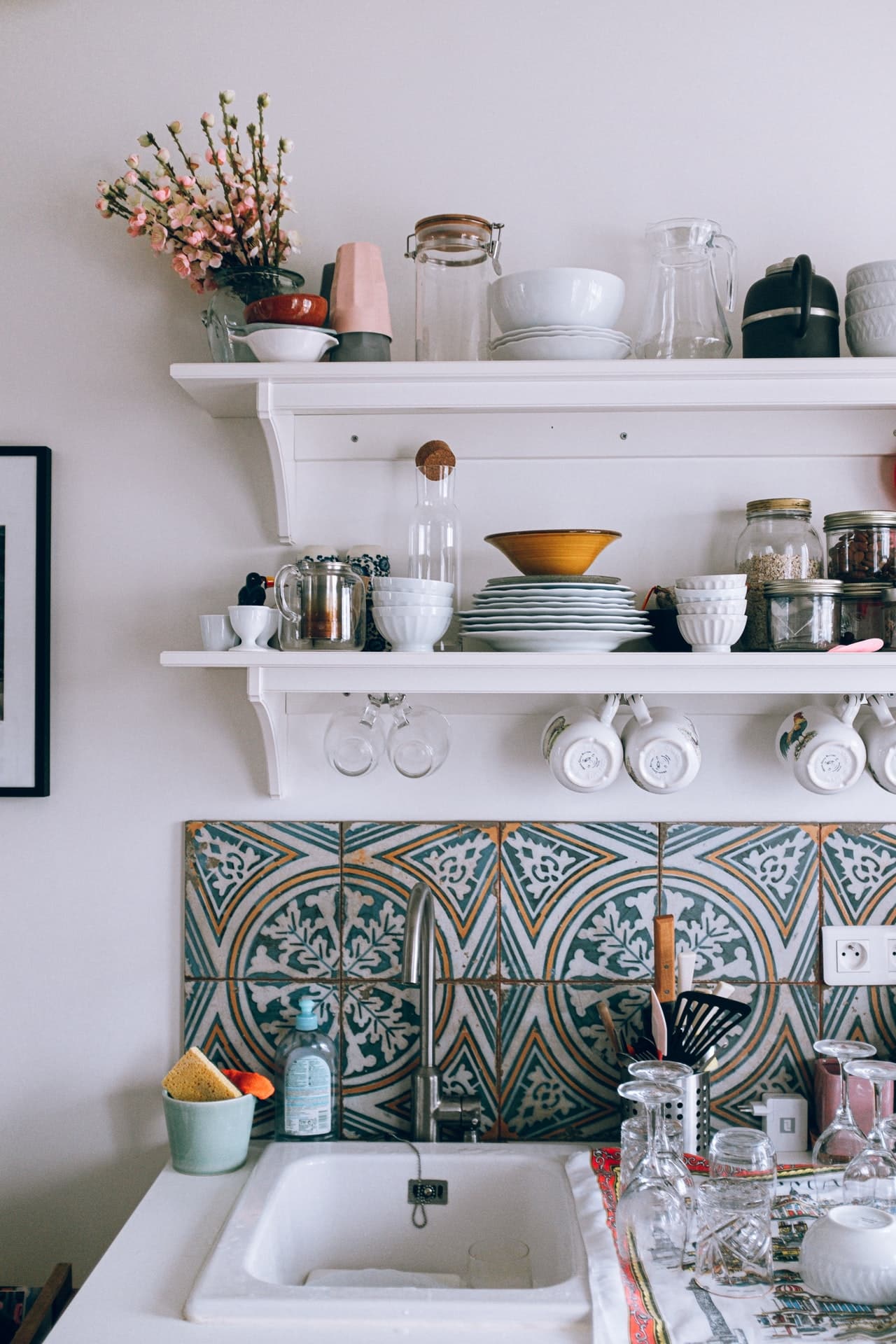

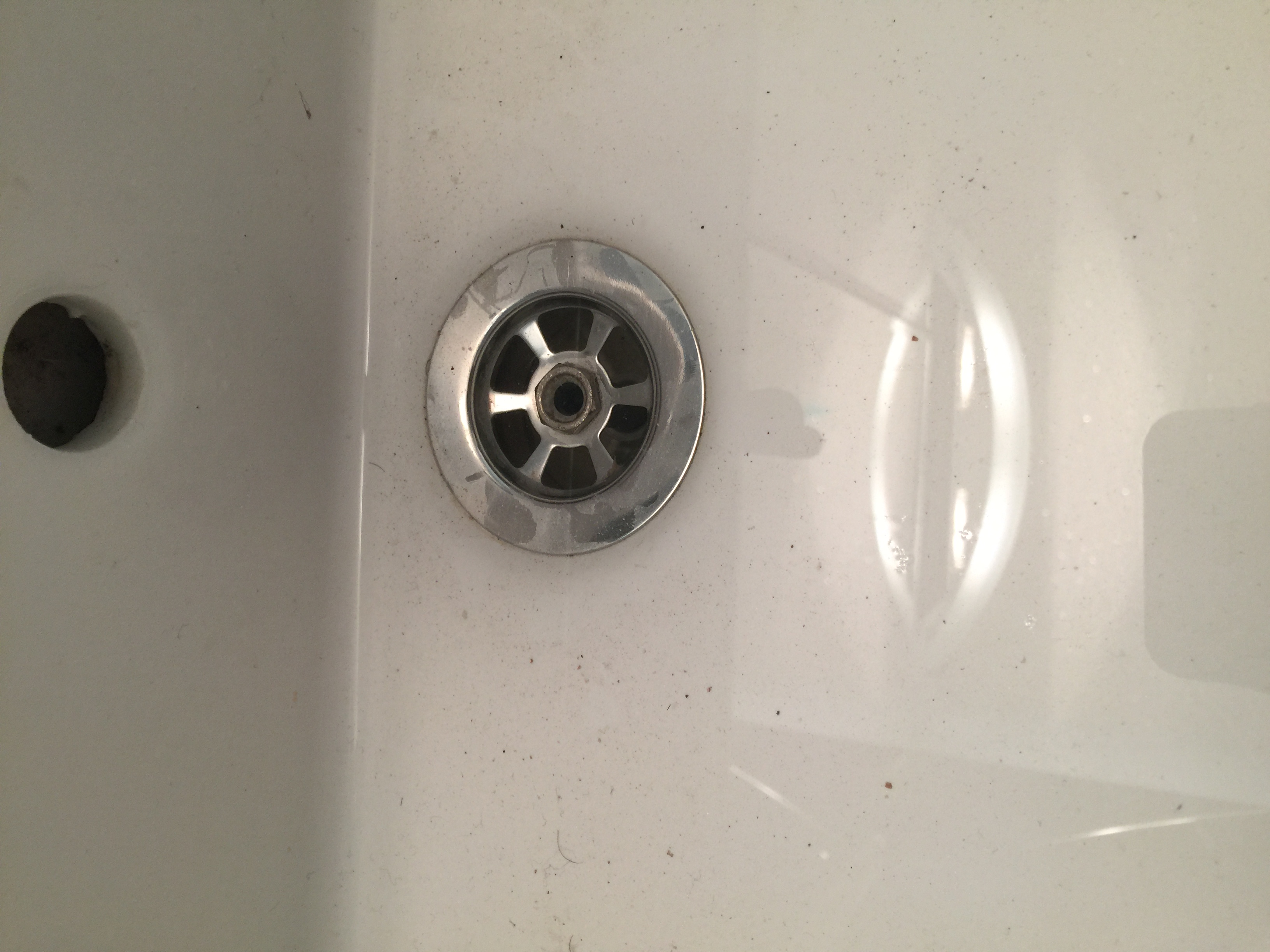


:max_bytes(150000):strip_icc()/close-up-of-overflowing-bathroom-sink-90201417-579787783df78ceb865822d8.jpg)
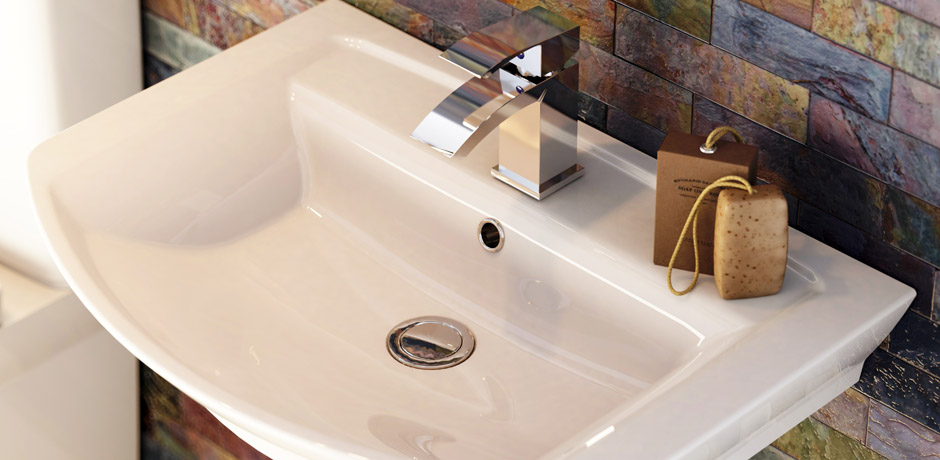

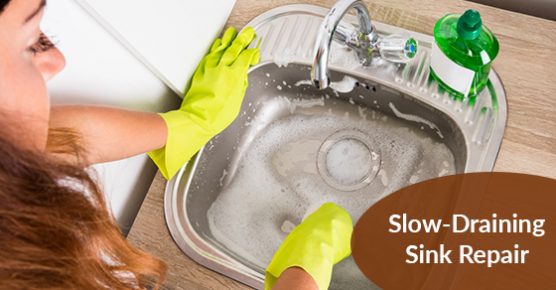


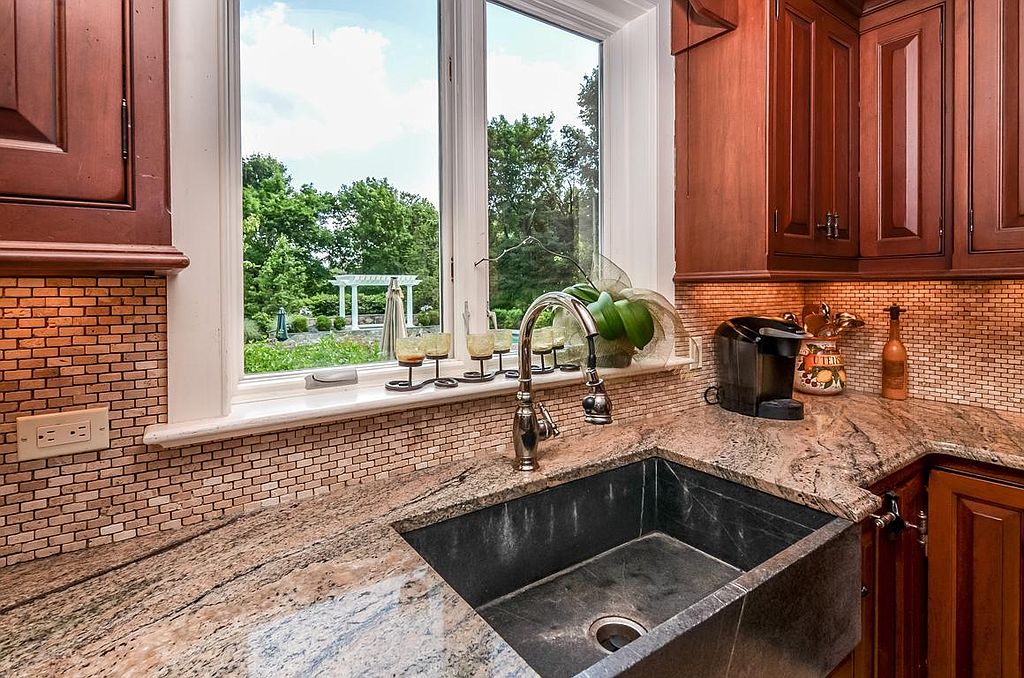
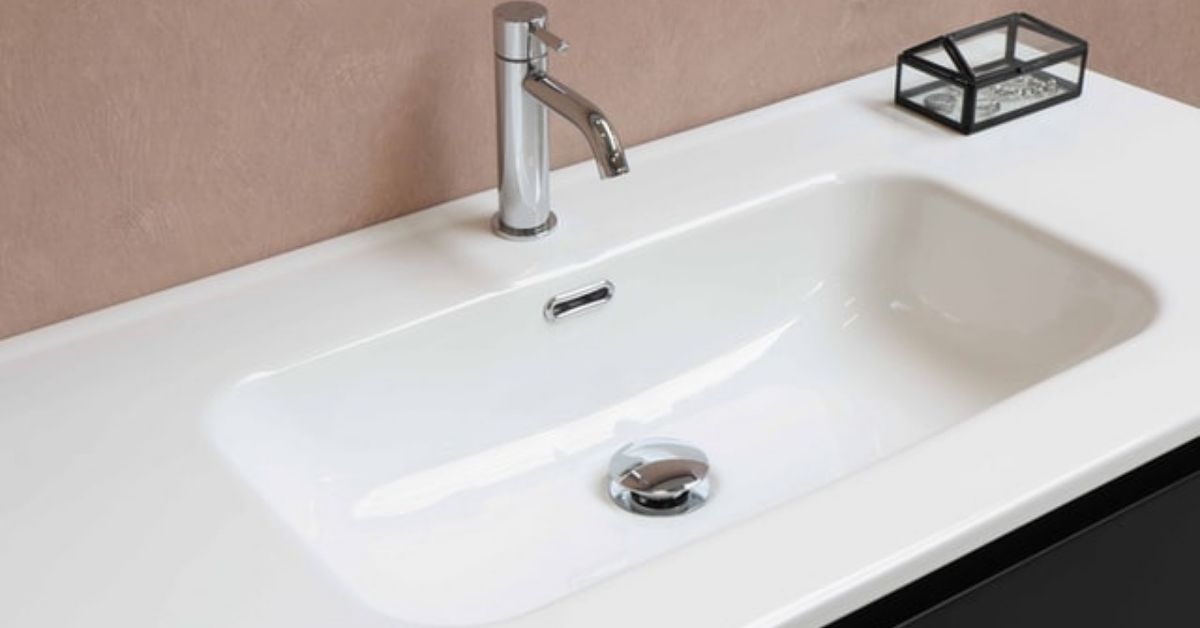
















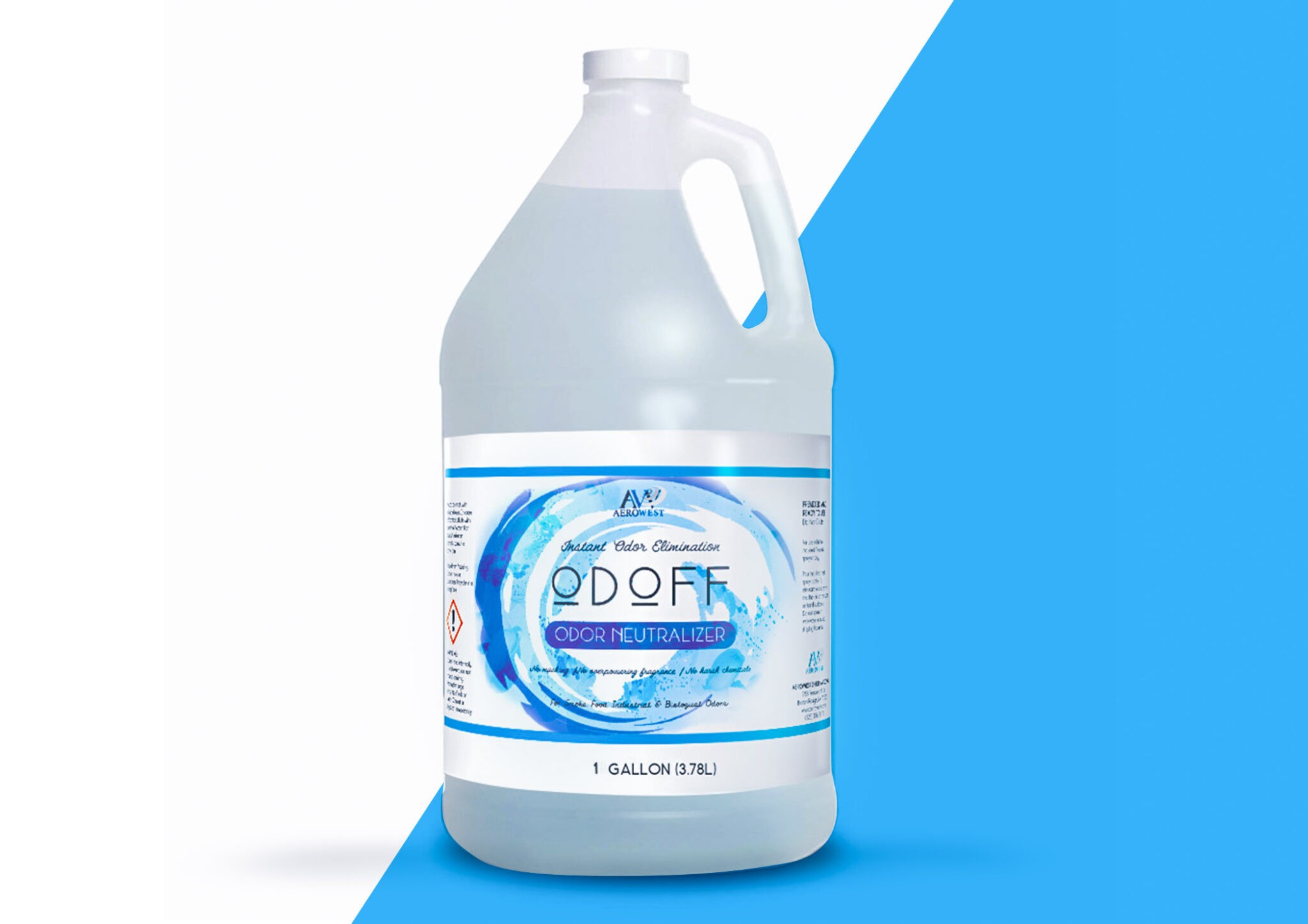

)



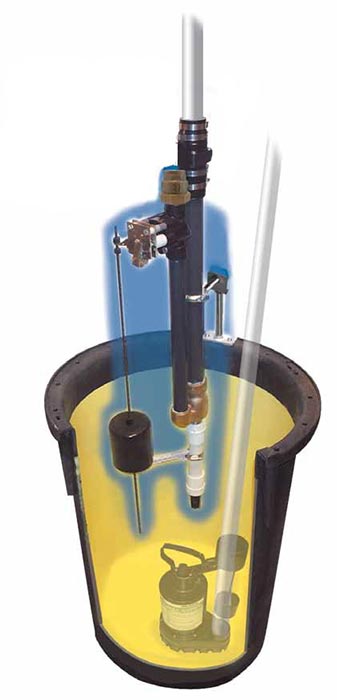
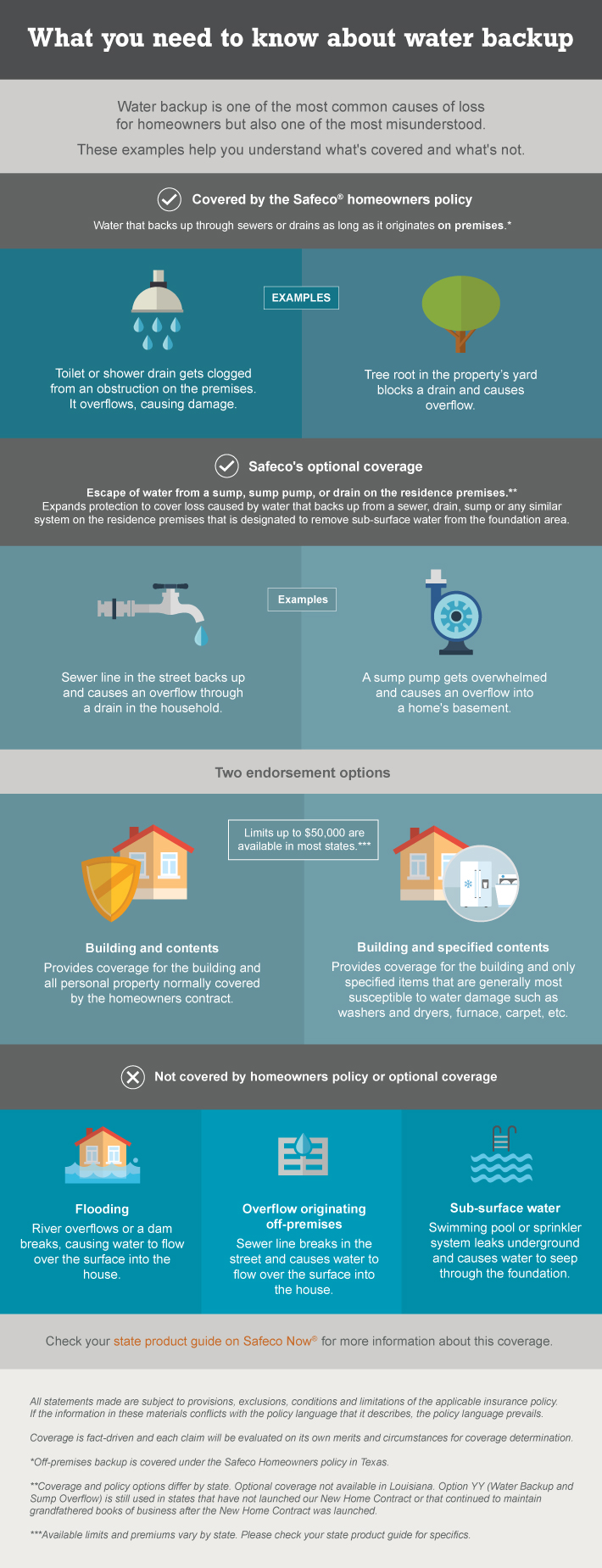

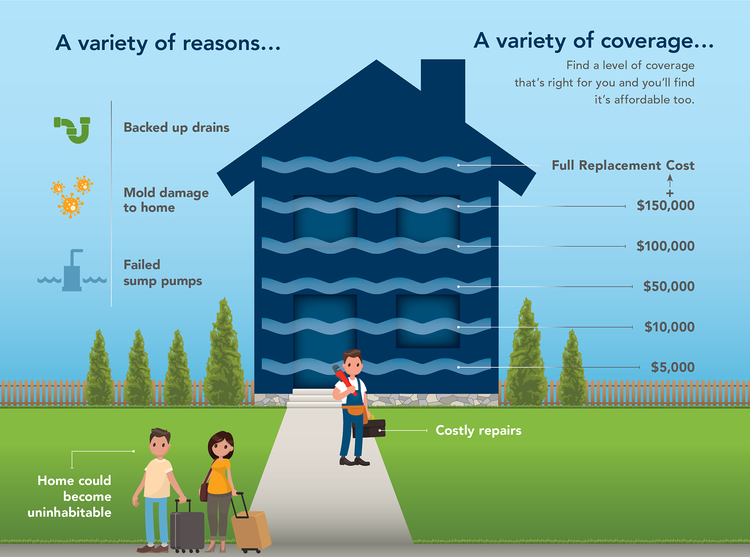
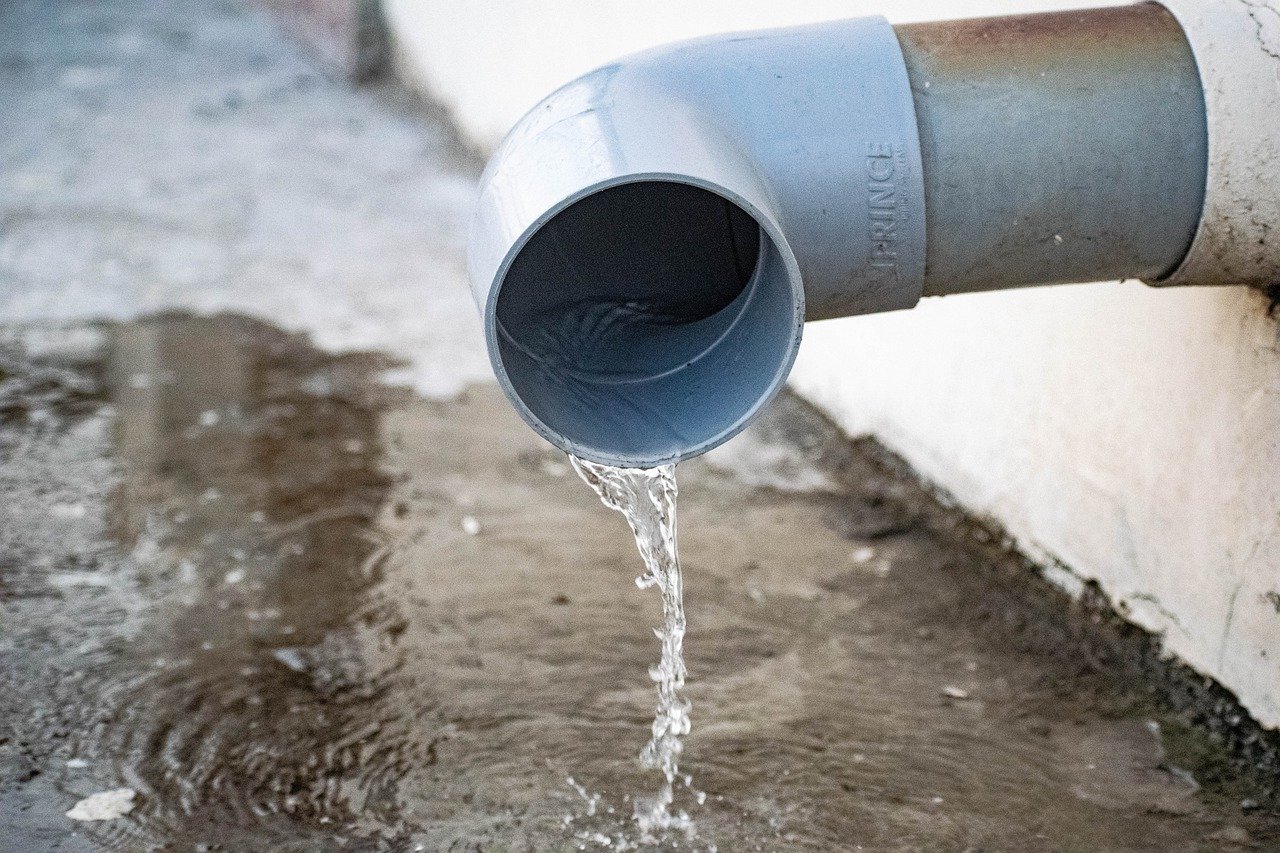

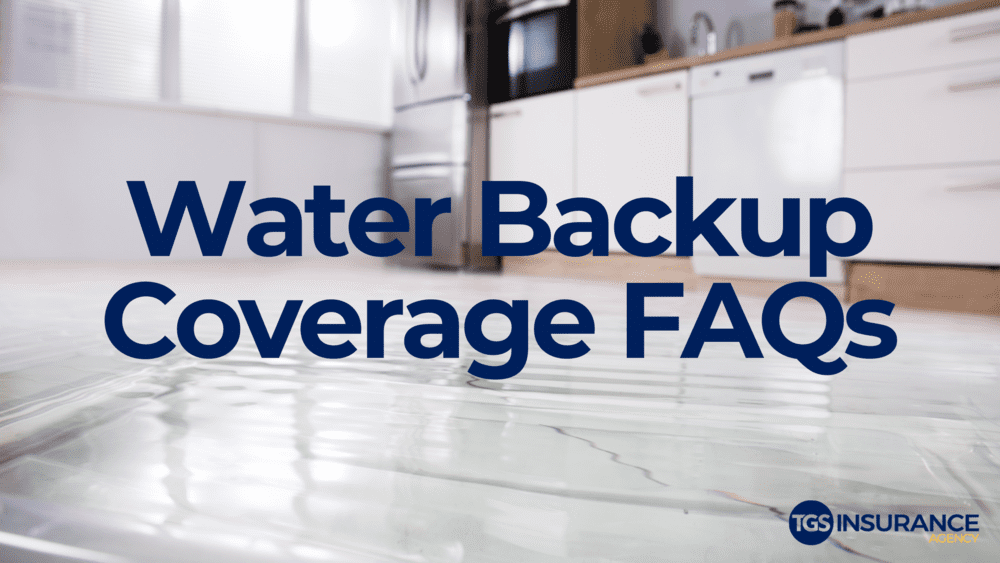




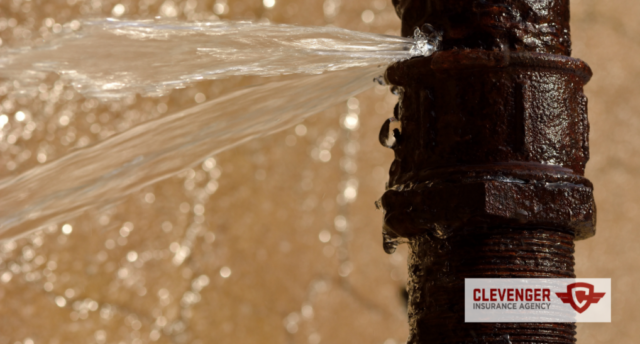
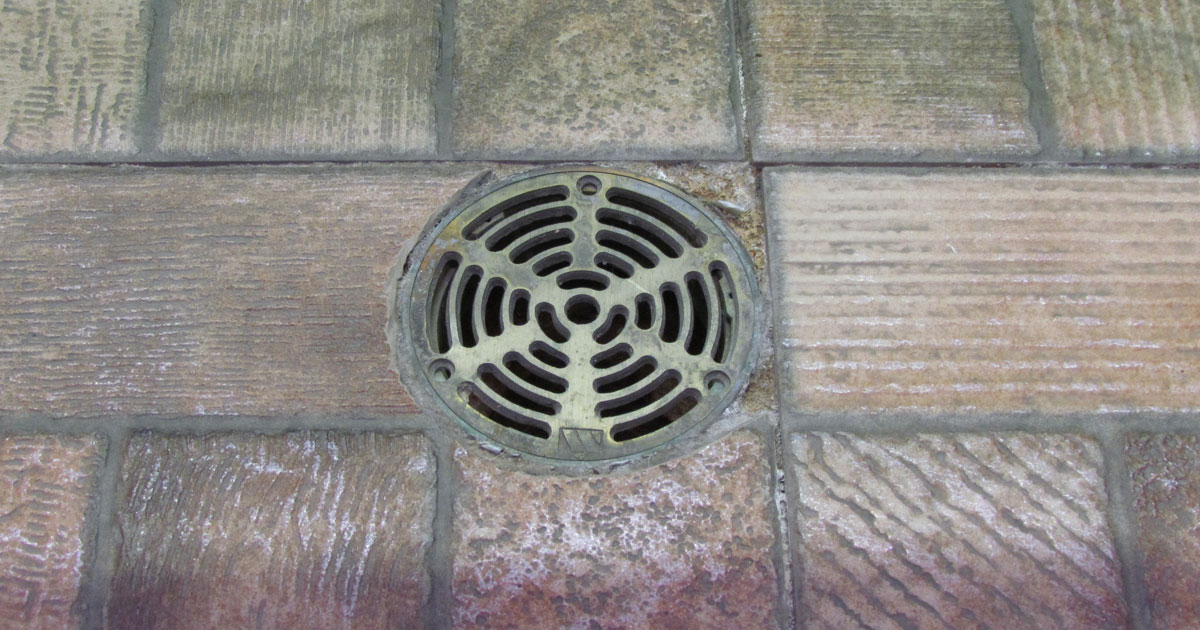
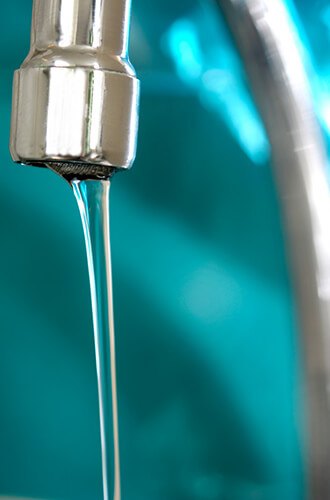
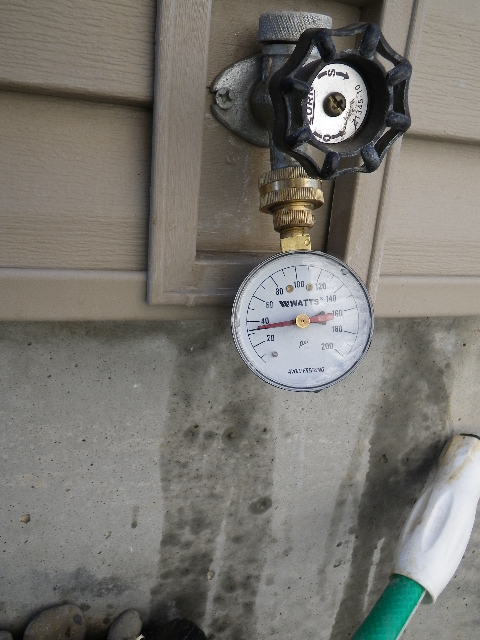

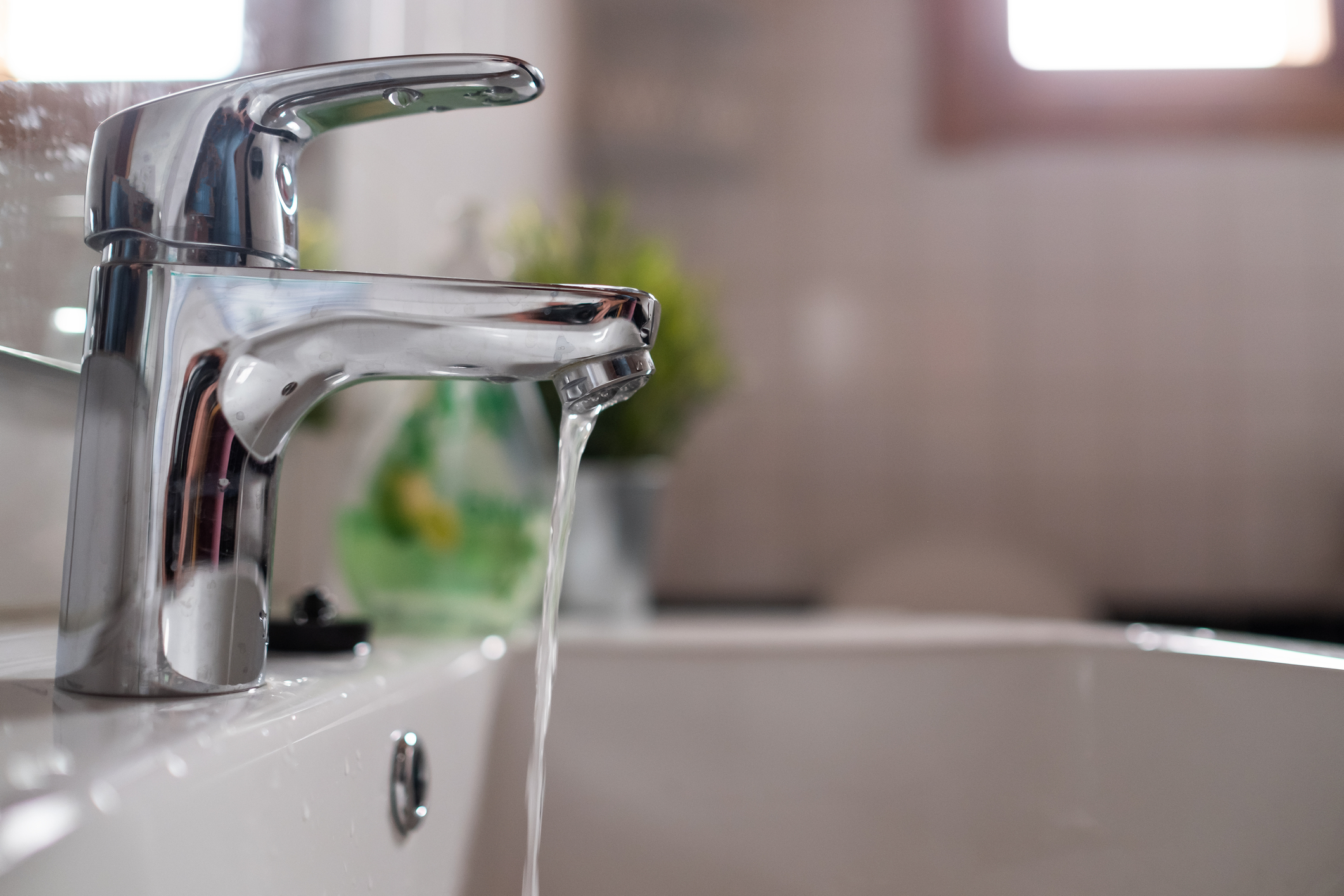

:max_bytes(150000):strip_icc()/testing-water-pressure-in-your-home-2718692-04-c37ab3236d0d4b61b87079ebf9ef823e-c1e1ef0104fb44778a287bd9bb5ec140.jpeg)
:max_bytes(150000):strip_icc()/the-men-s-hand-opens-the-ball-valve-on-the-collector-1006810456-5c5fc73fc9e77c000159c4af.jpg)
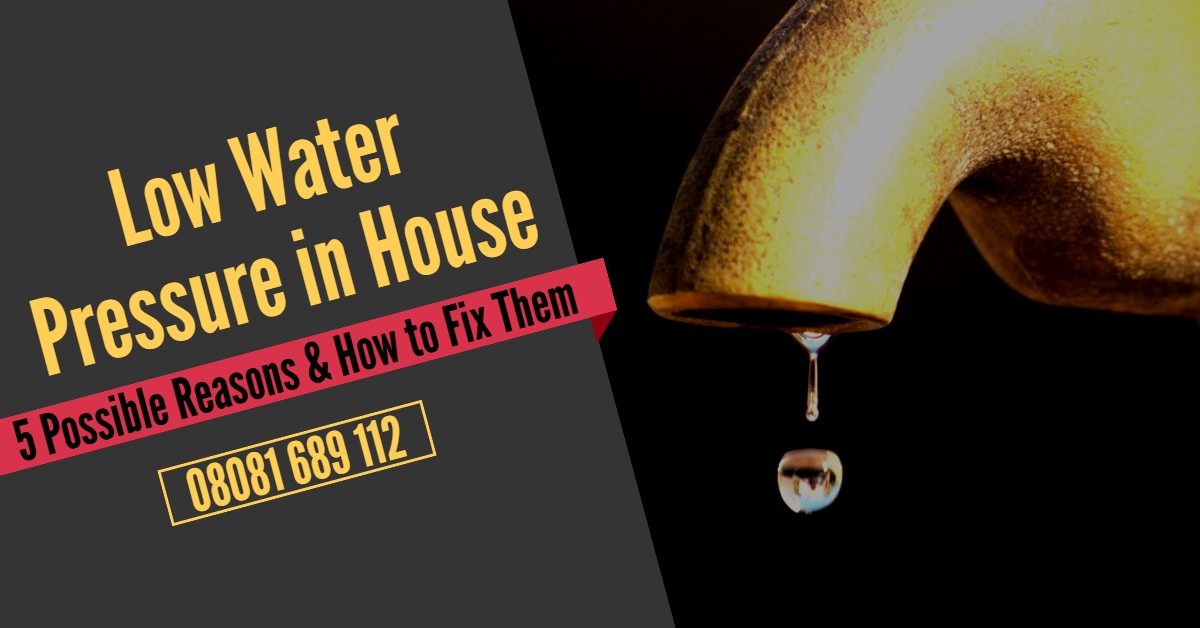
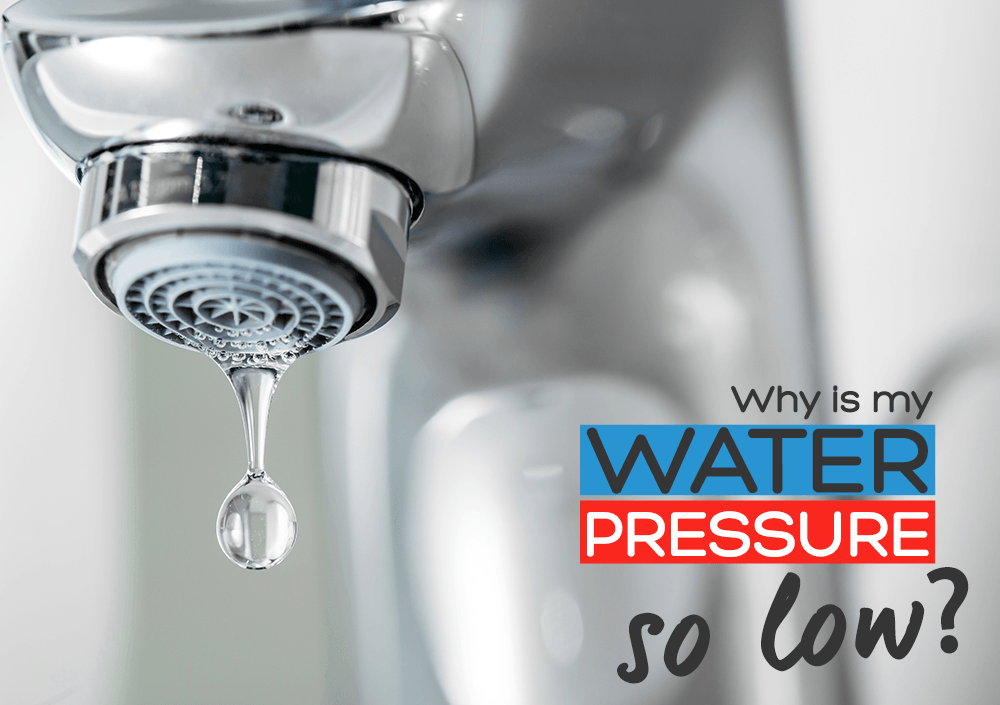



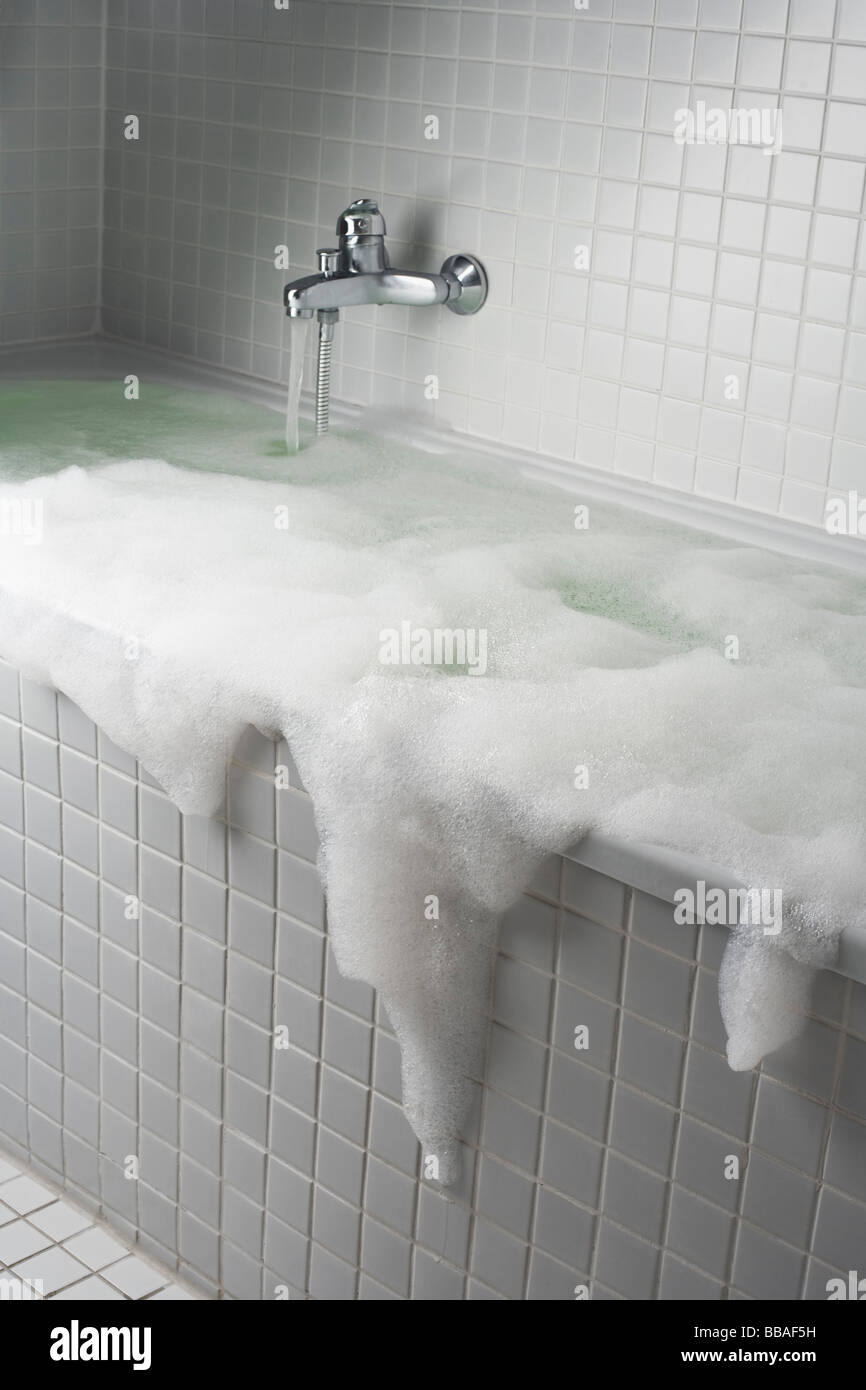
:max_bytes(150000):strip_icc()/water-overflowing-in-kitchen-sink-200553937-001-5797e6335f9b58461f5a6736.jpg)
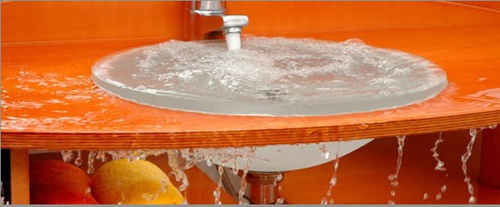
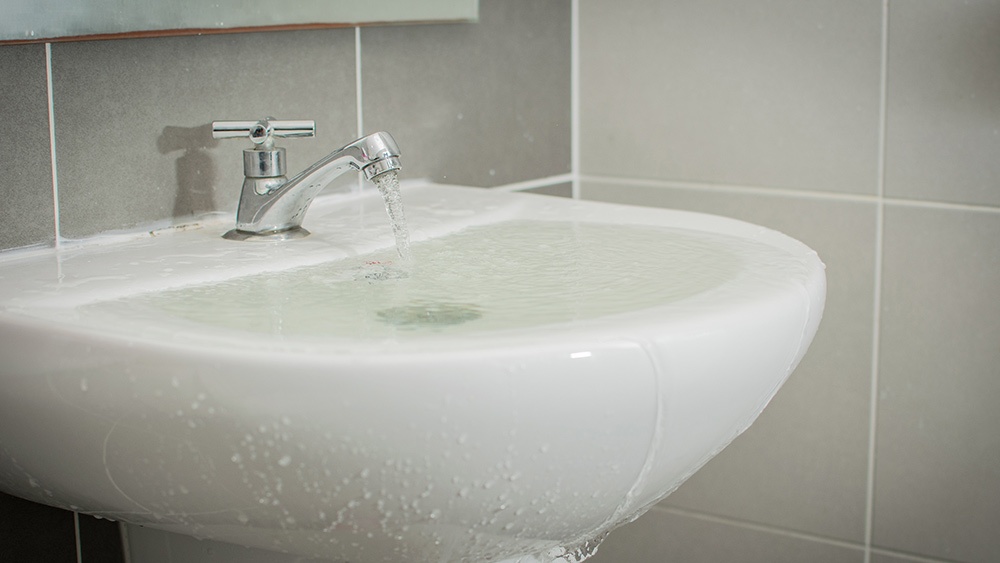

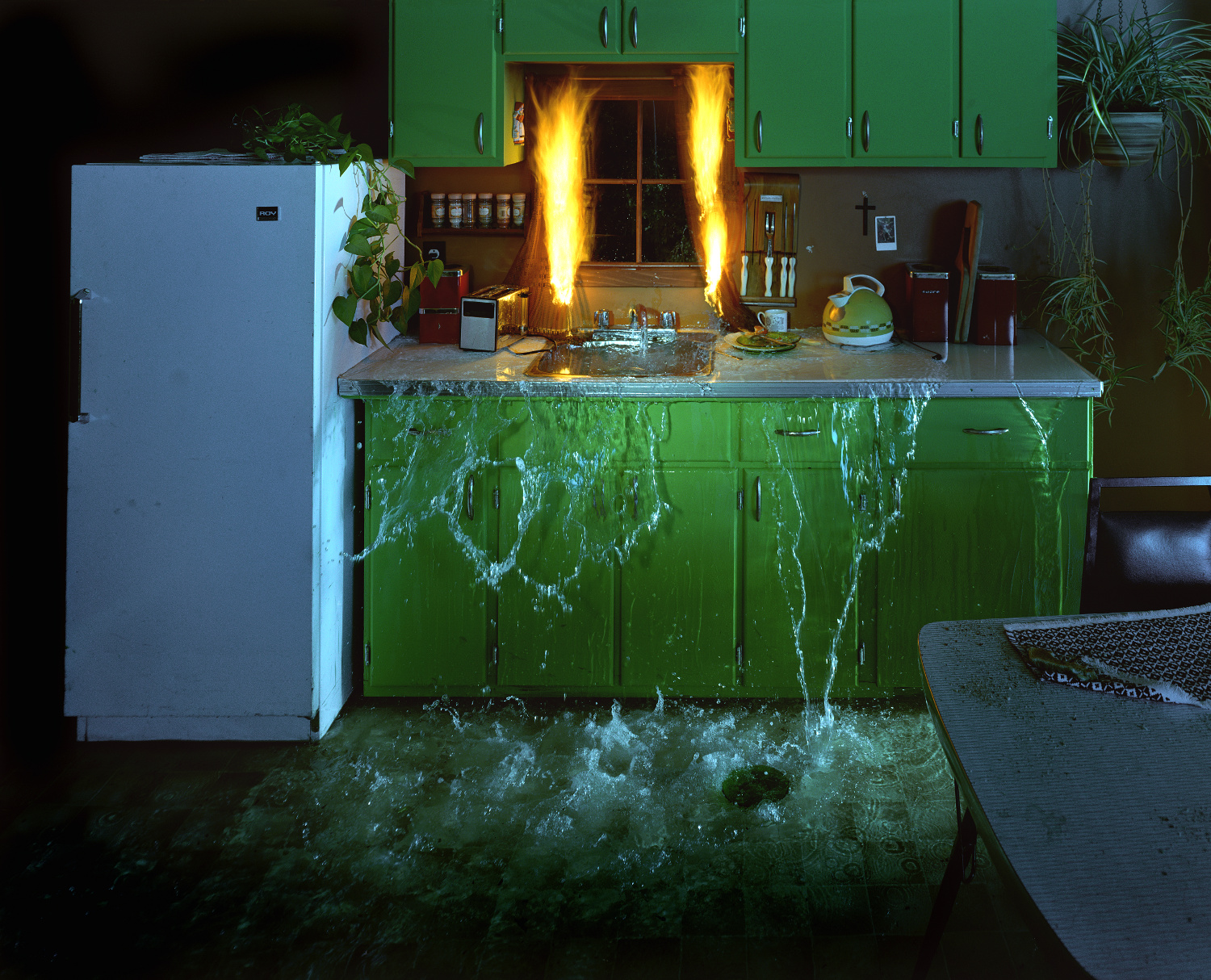
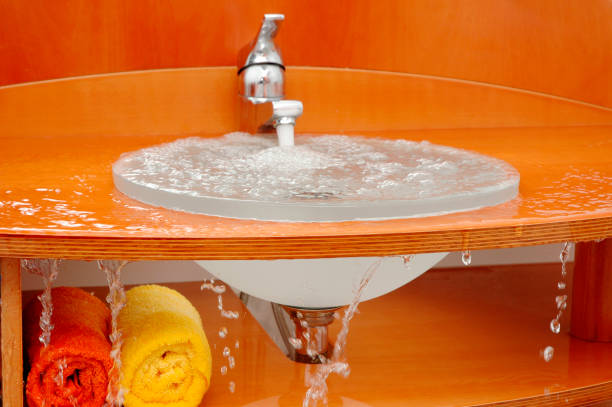






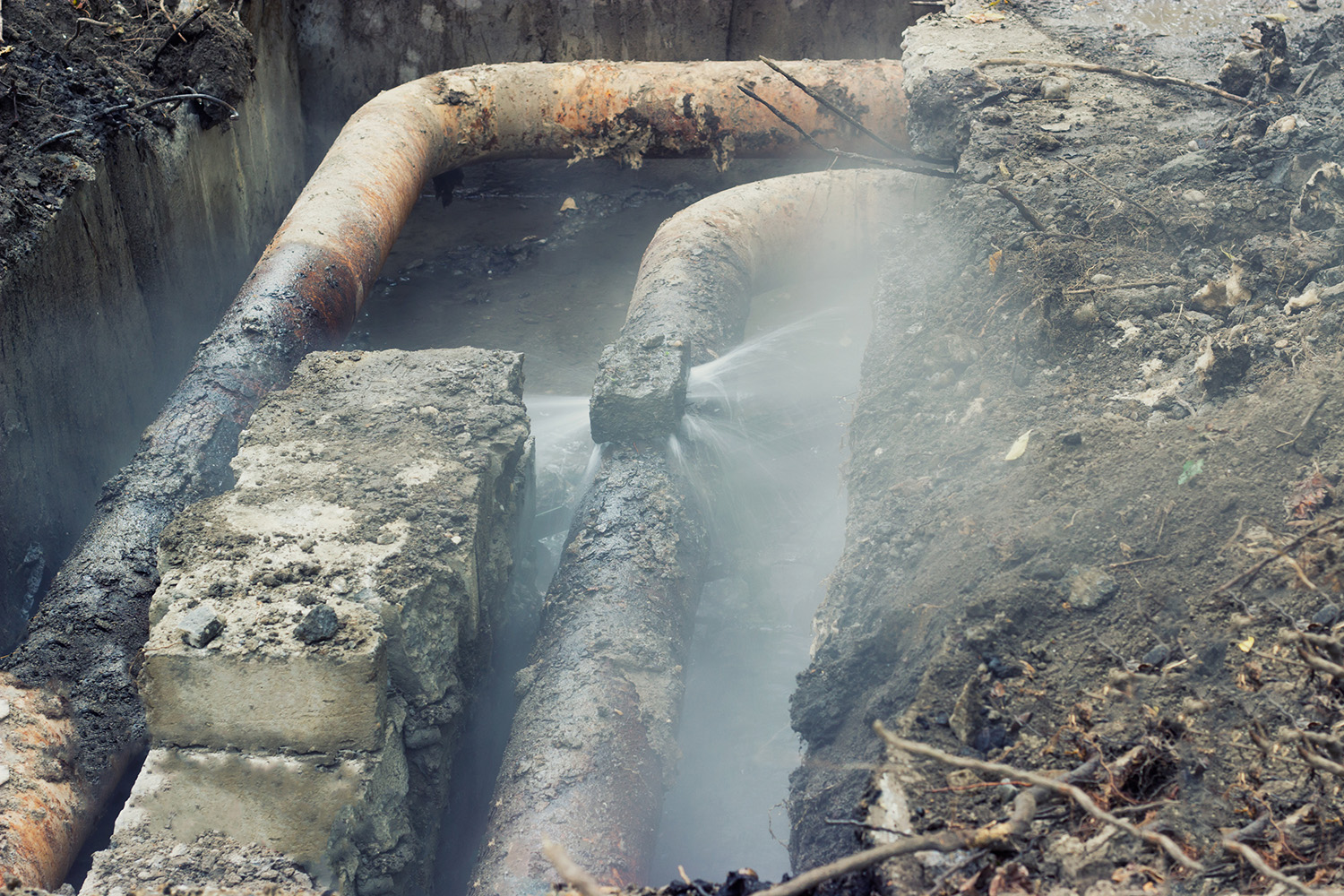

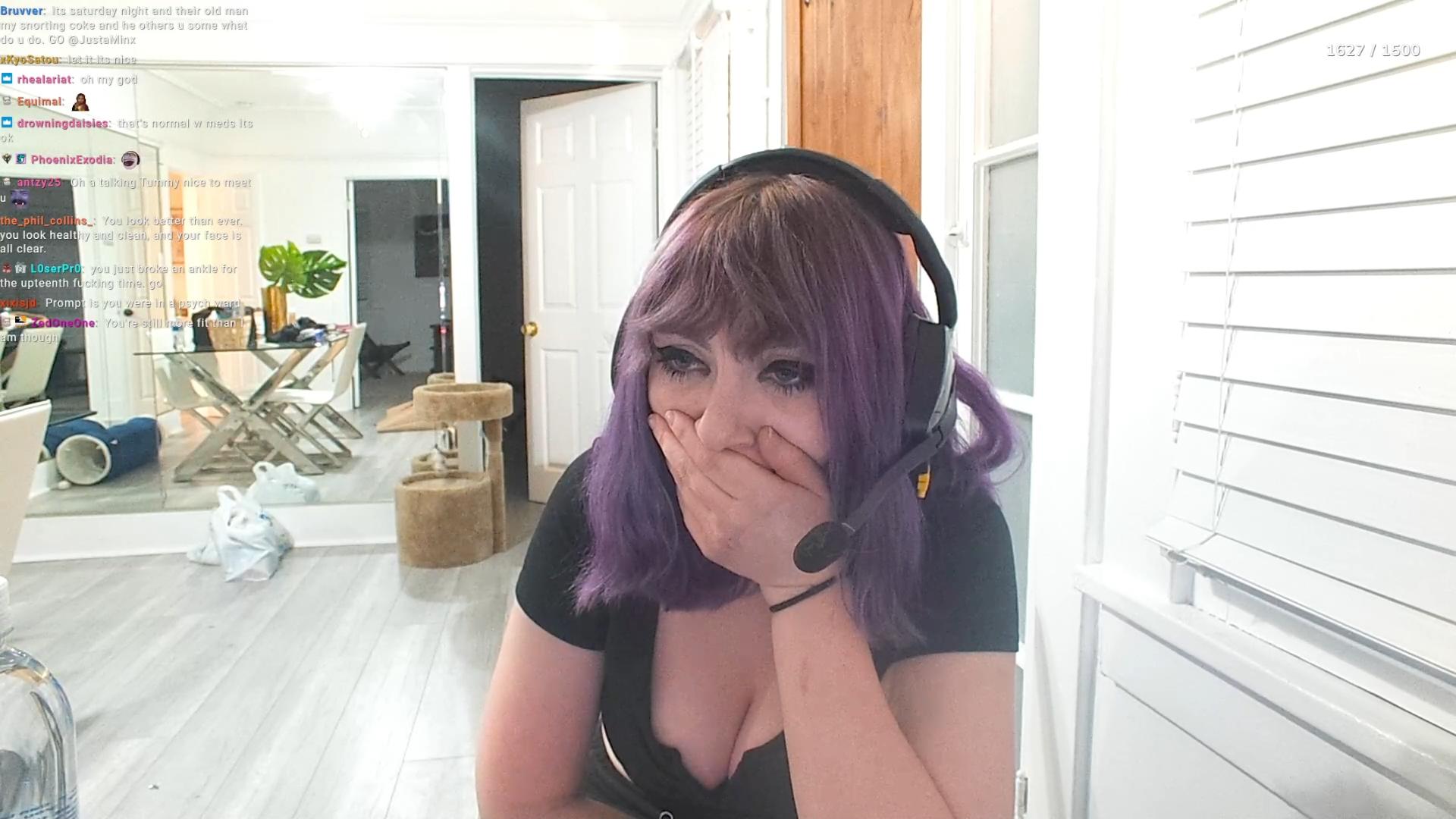


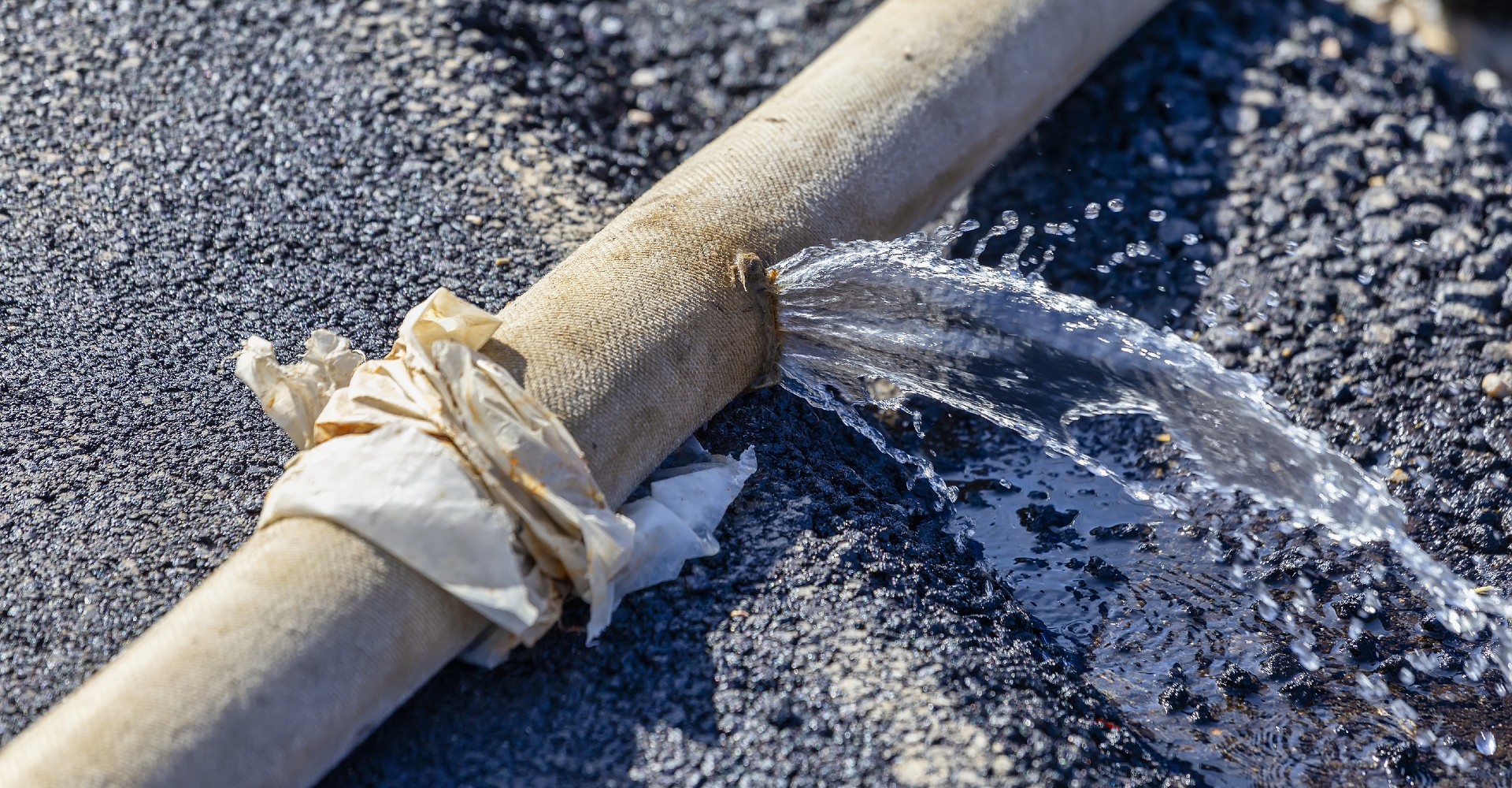


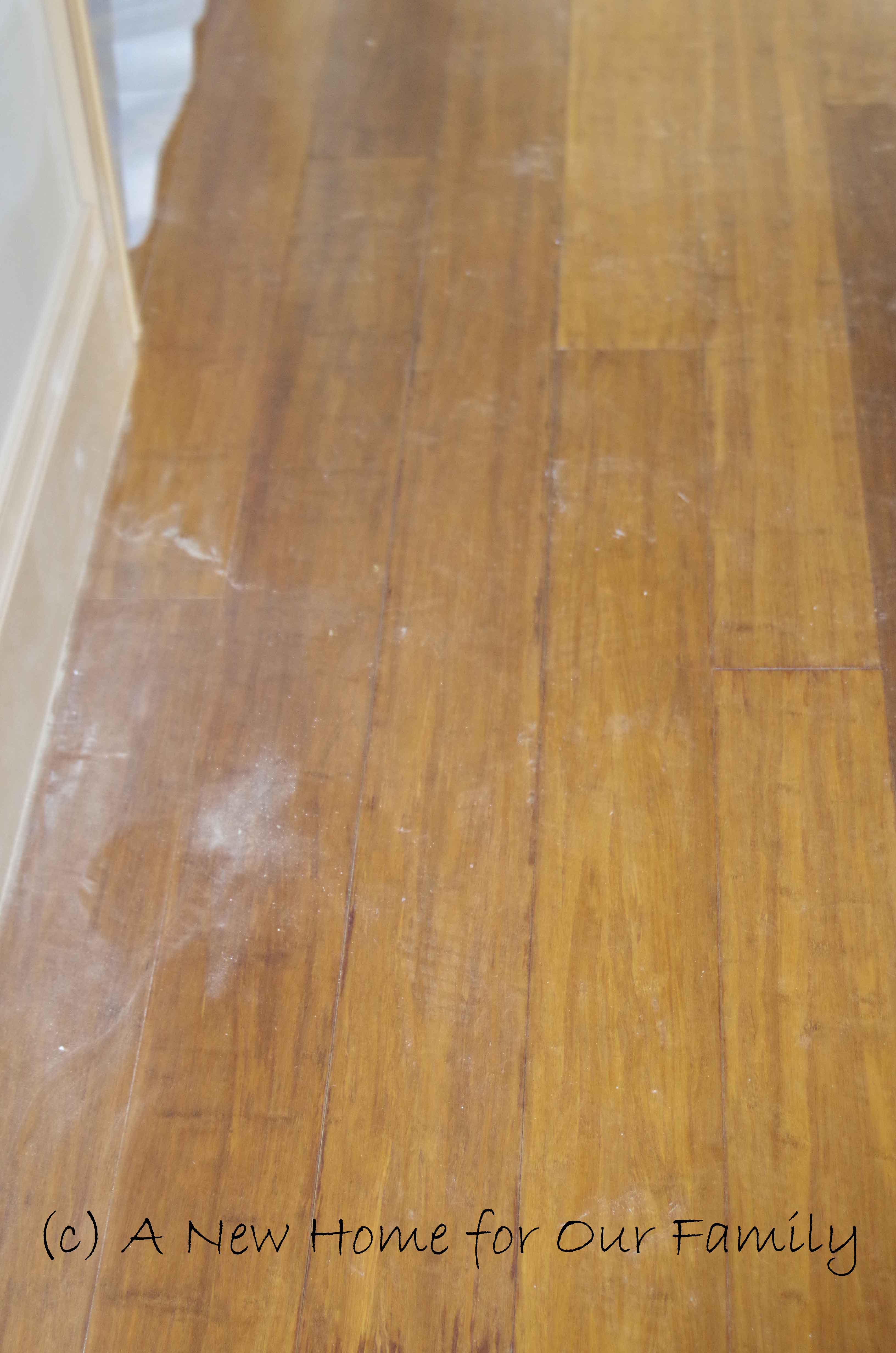

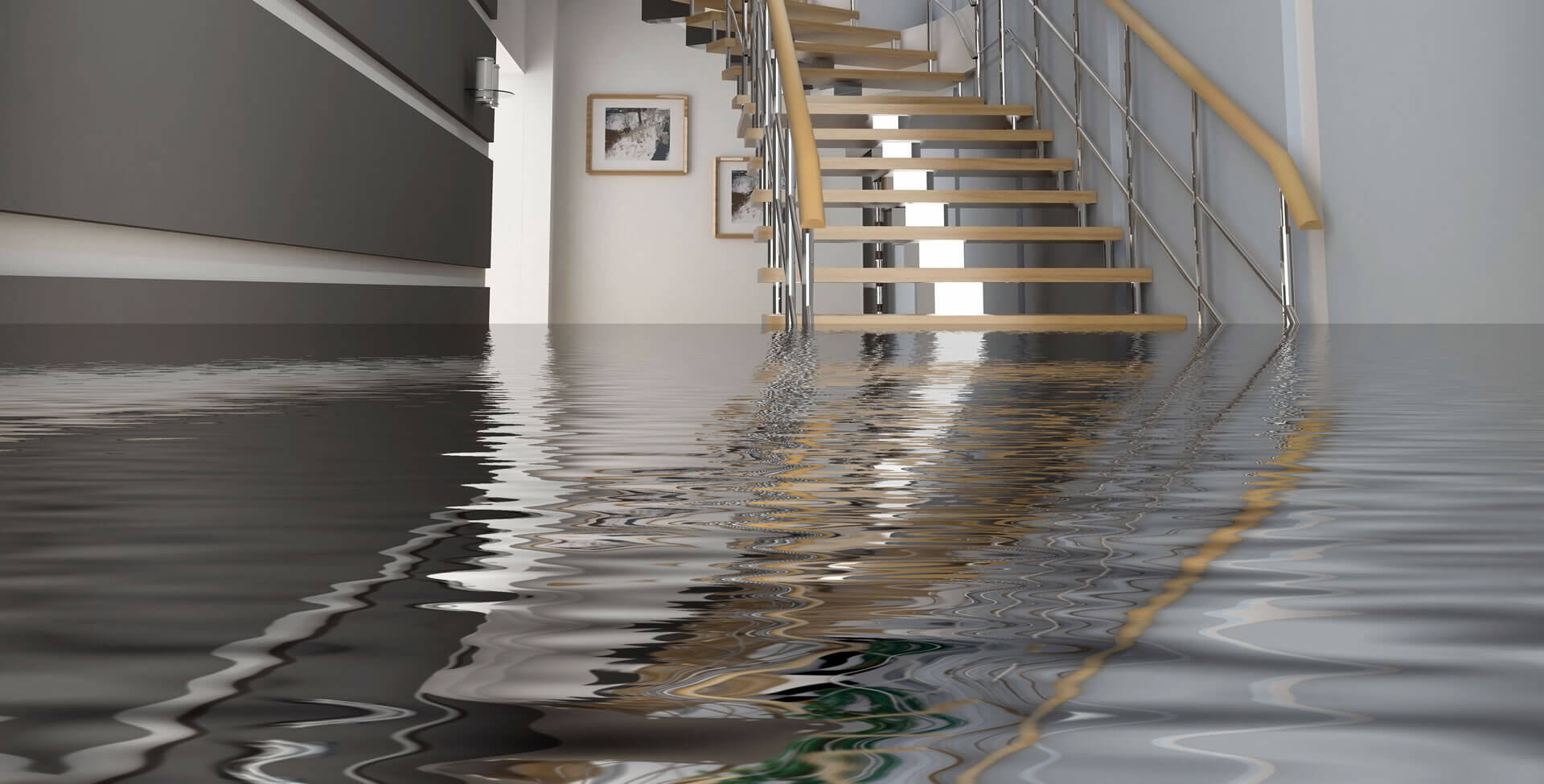
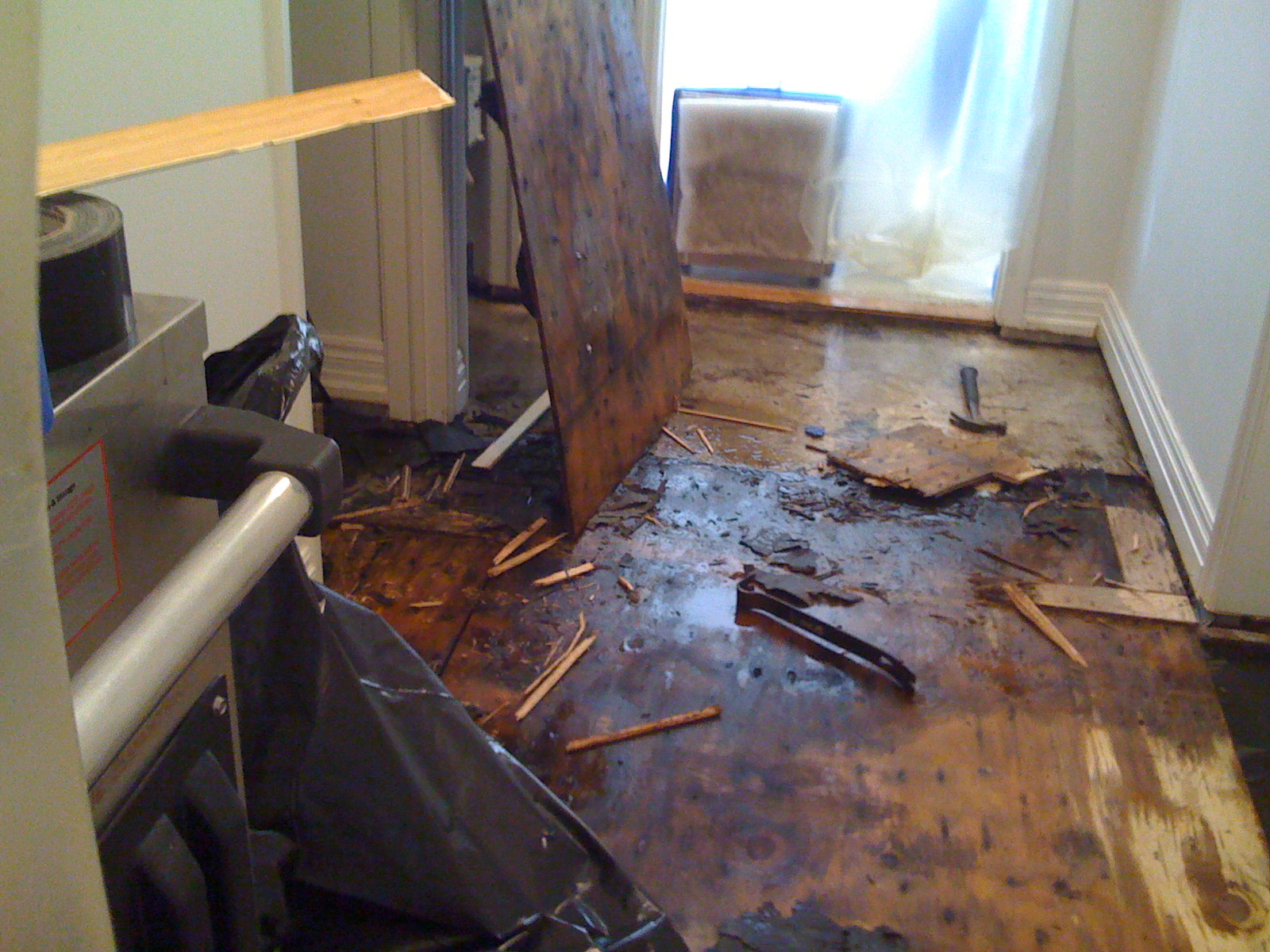



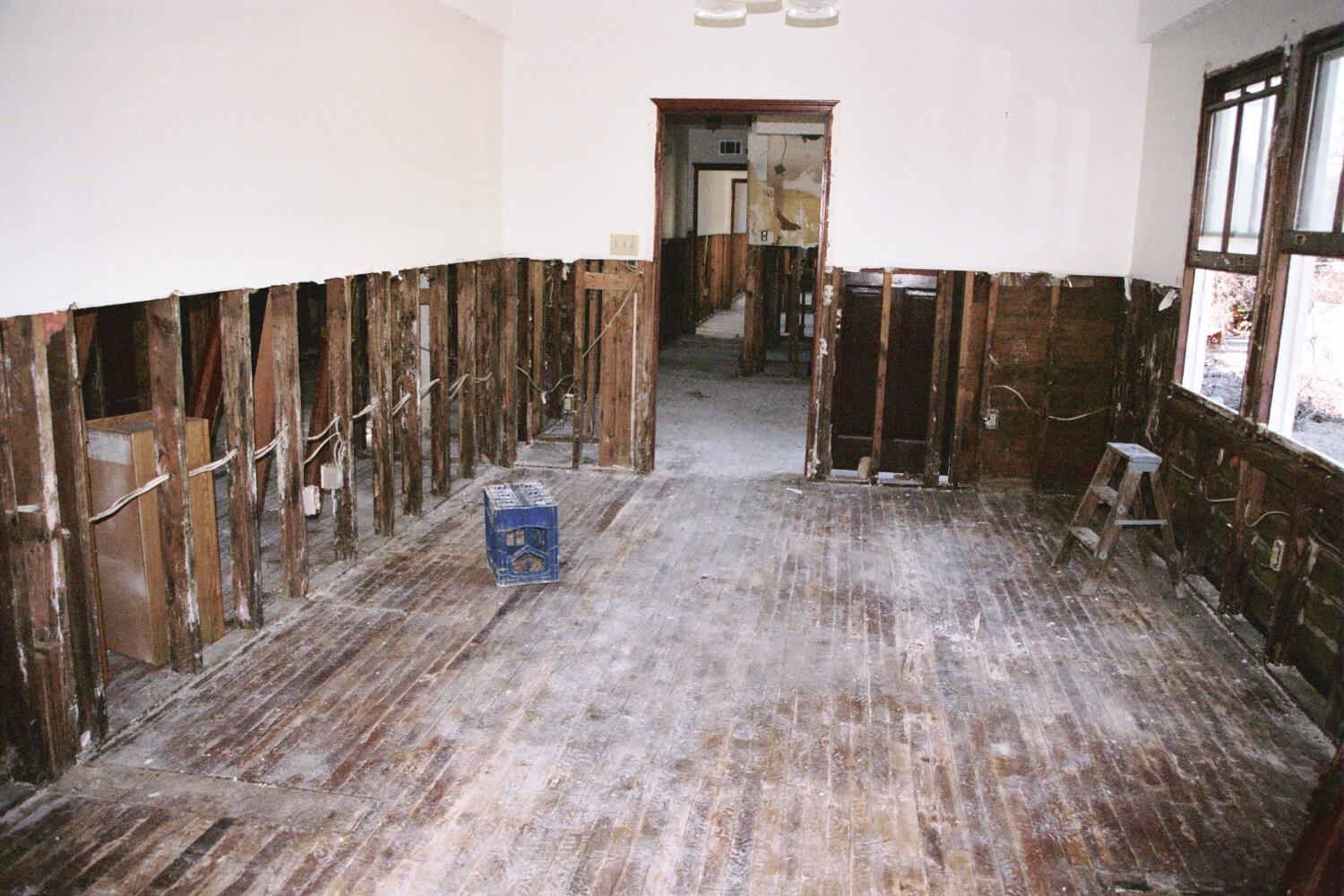

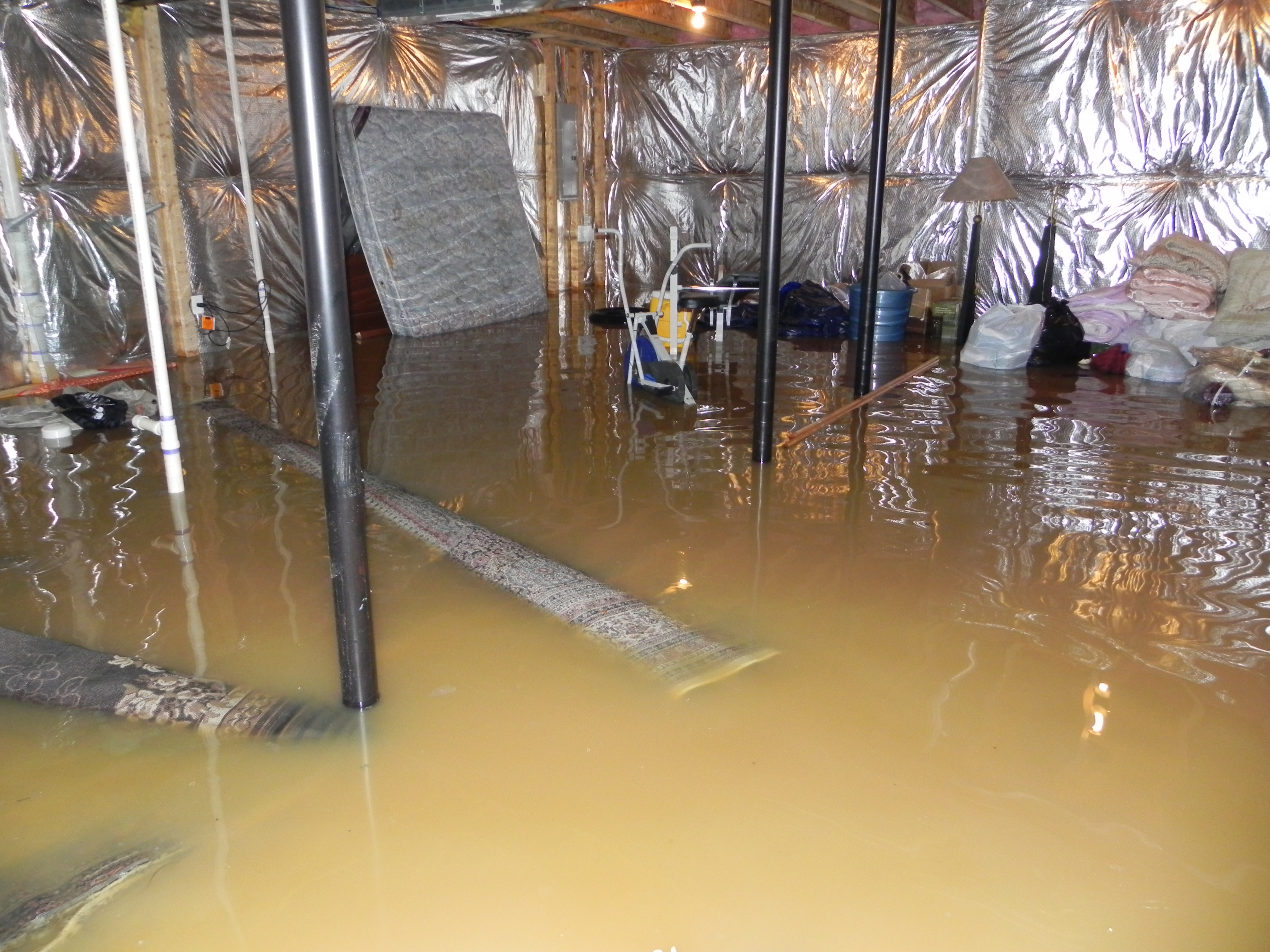
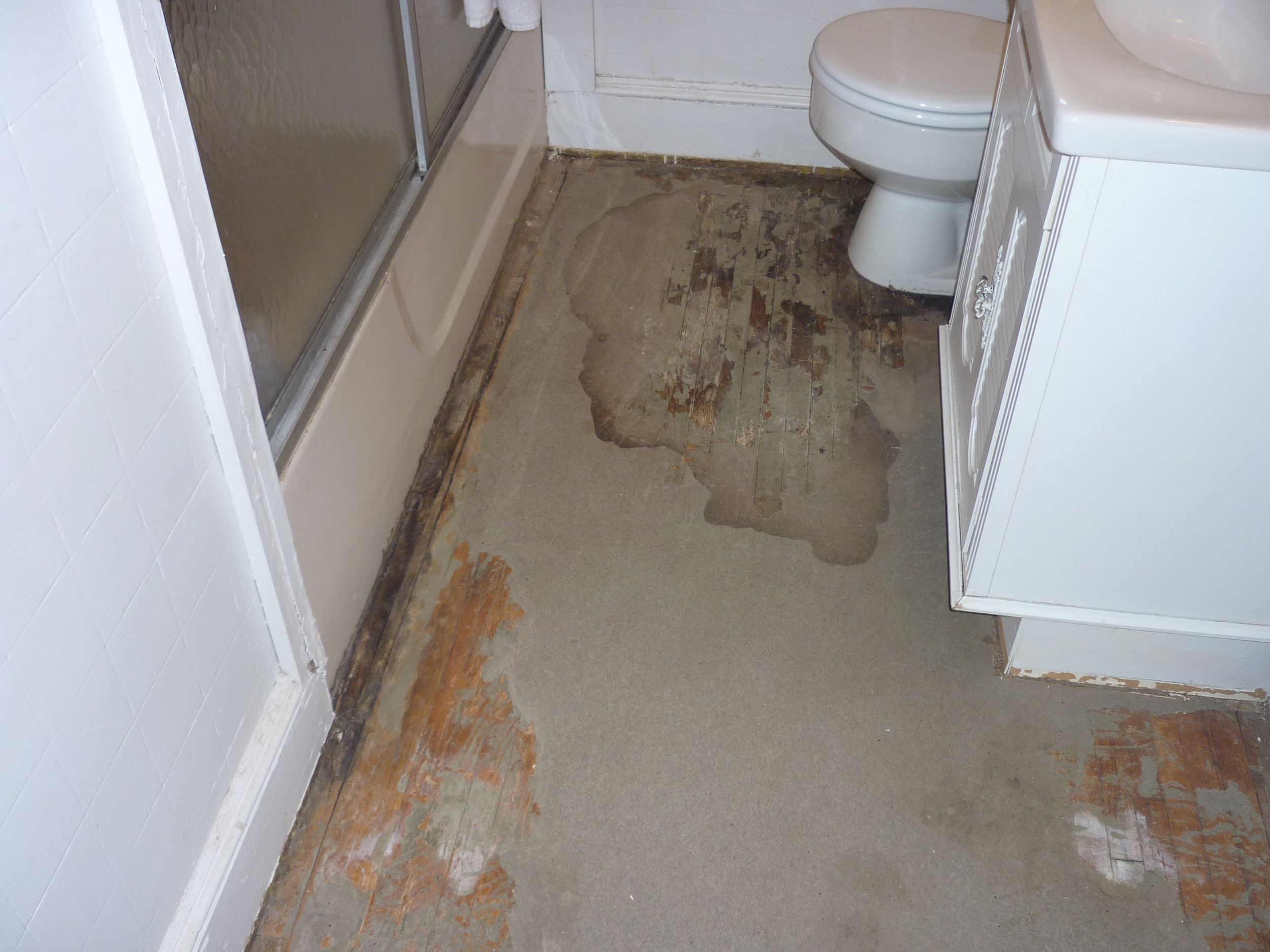
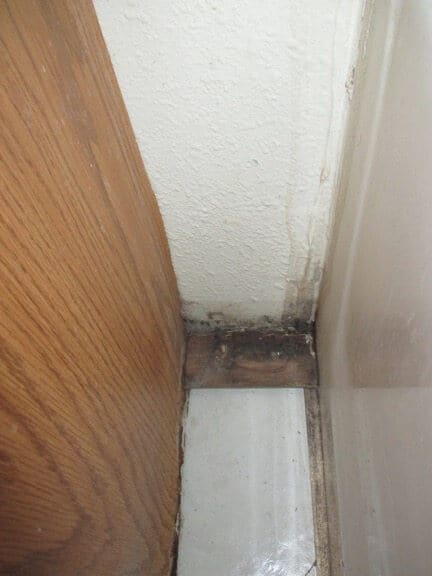

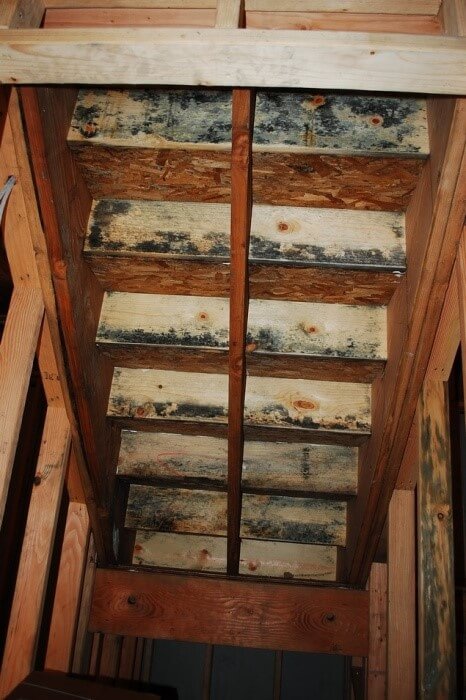

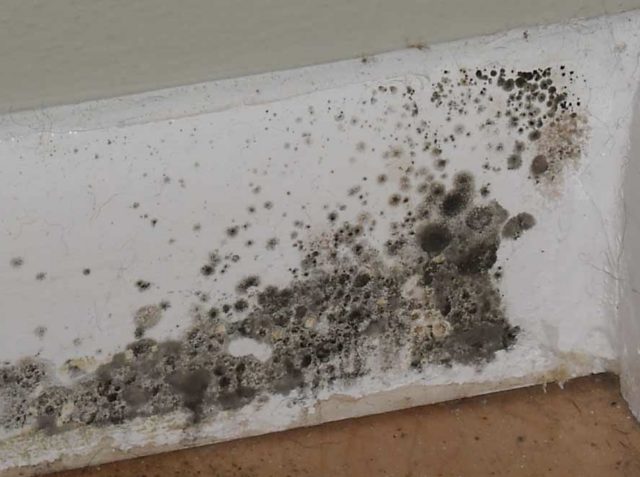
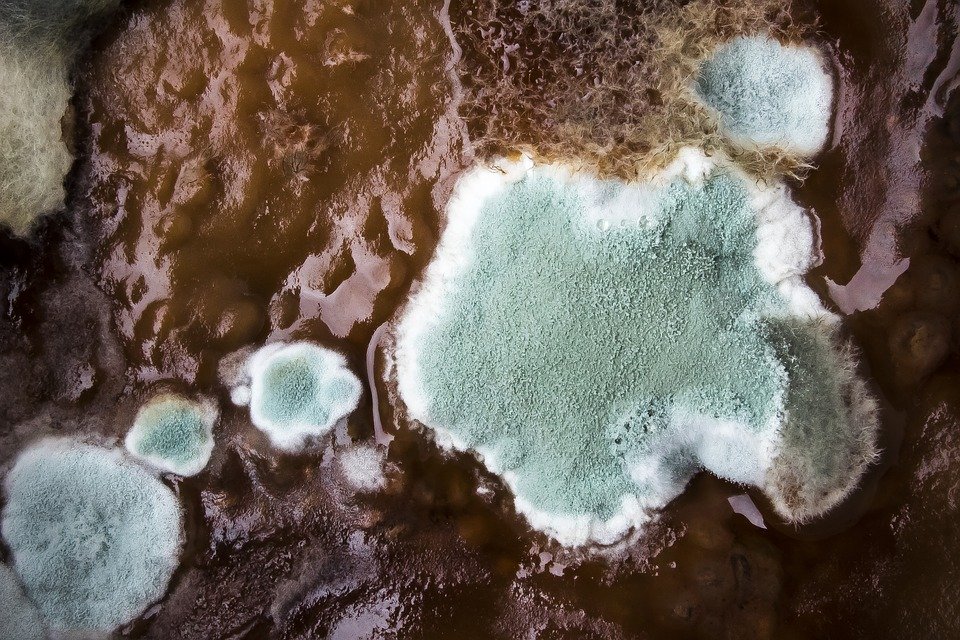





/GettyImages-172170084-58a98b735f9b58a3c9033ace.jpg)
